Silicon Valley is a major technology hub in the United States where a ton of major corporations began. If they did not begin here, they currently have their main headquarters located in the territory at least. To understand what Silicon Valley corporations are, we must first define what “Silicon Valley” actually is. Some assume it is one city, but it’s actually made up of several cities. There are several interpretations of what cities are included in the territory, but most believe everywhere in the infamous “Bay Area” should be counted.
That “Bay Area” is the San Francisco Bay Area, where Silicon Valley is mostly located in the southern section of the area in the San Mateo, Santa Clara, and Alameda Counties. This includes the cities of San Jose, Sunnyvale, Santa Clara, Redwood City, Palo Alto, Menlo Park, Mountain View, Cupertino, and Fremont. One could also include the city of San Francisco here too. Several of these cities are notable just on their own, but their location being so close together helped to make up the Silicon Valley as it is today. It just so happens there are a lot of successful companies here, but there have also been some massive failures as well.
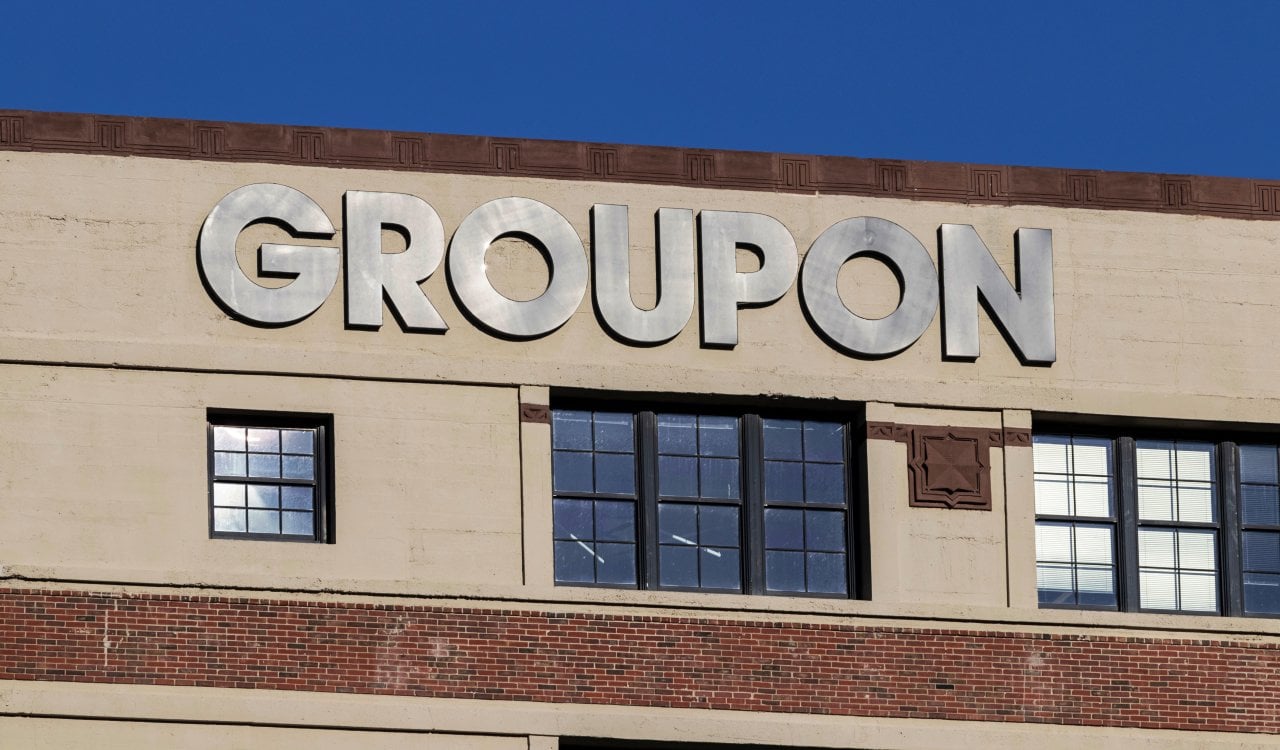
Failure – Groupon
- Current Company Value: Roughly $330 Million
While Groupon is relatively popular, it happens to be among the failing Silicon Valley corporations. Groupon started off hot; it seemed that it had nowhere to go but up. In fact, by 2011 it became a billion-dollar company. Yet the company began sliding in 2012, and both CEO and Co-Founder Andrew Mason seemed to be the person to blame. It all seemed to be due to the decision to take Groupon public, meaning it would be added to the stock market. Some expected it to flourish upon arrival due to the value it had coming in and the great marketing it had done.

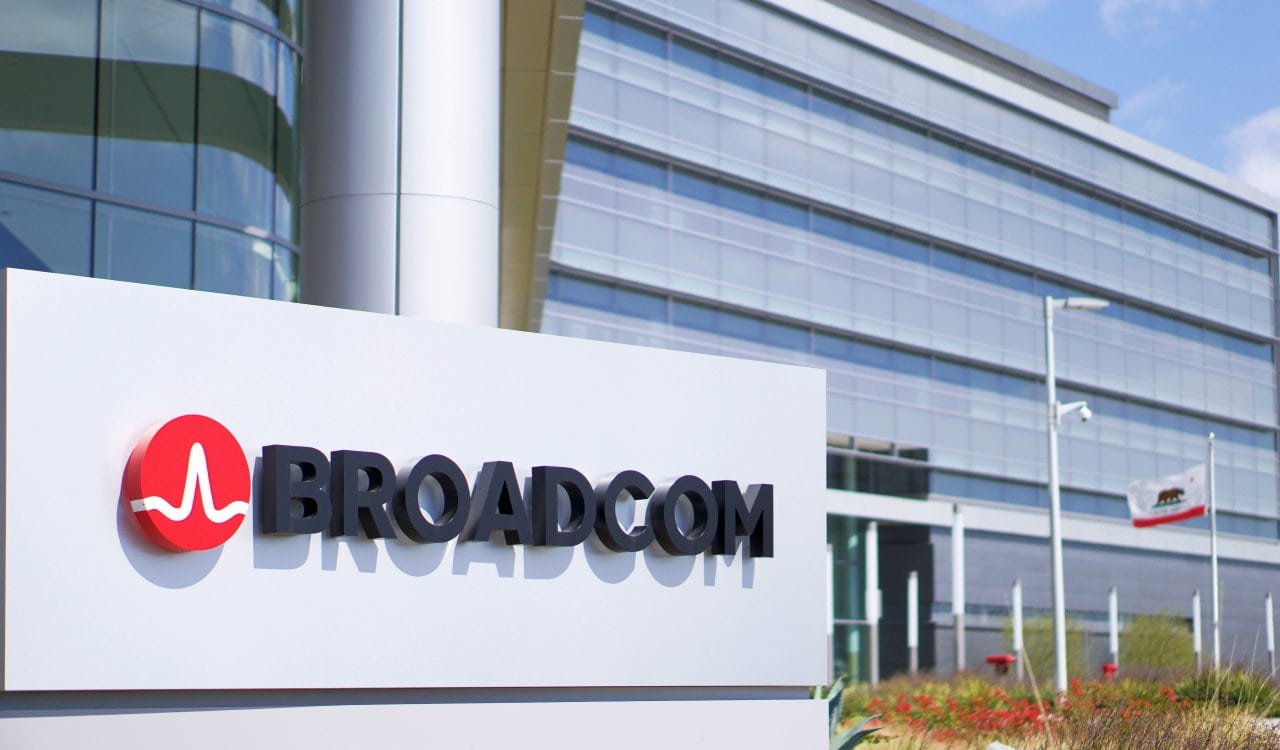
Success – Broadcom
- Current Company Value: Around 27.45 Billion
Broadcom has been around for quite a while and is known for making semiconductors that are used in many products. Although they are also a designer, developer, manufacturer, and global supplier of not just semiconductors but also infrastructure software products. It is likely you use several products that utilize some form of Broadcom tech. While the company was profitable, it sold off to Avago Technologies Limited in 2016. Technically, one would call it a merger and Avago took on the “Broadcom” name due to its popularity. Although their publicly traded symbol AVGO is still in use, retiring the BRCM name.
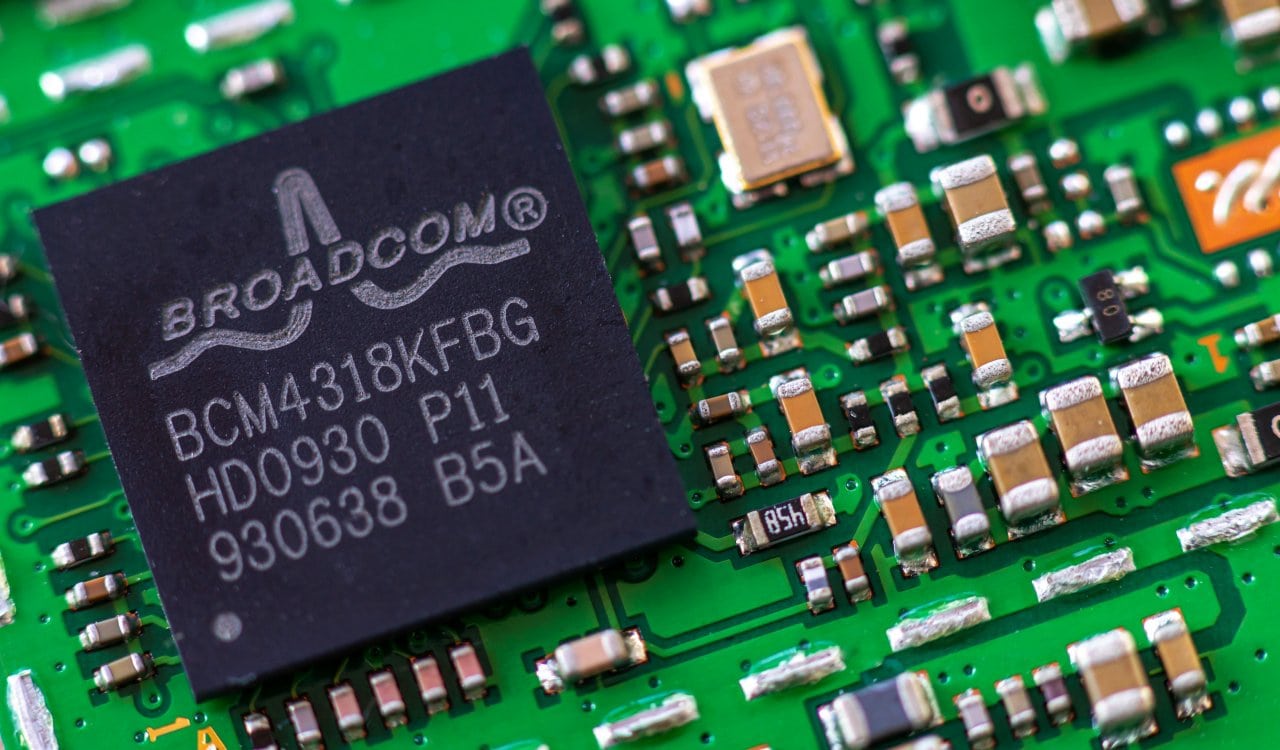

Failure – Gilt Groupe
- Current Company Value: SOLD OFF
Gilt Groupe began as an interesting start-up known for major flash sales on various products. After launching in 2007, Gilt was able to take its online shopping method even further by becoming sort of a lifestyle website as well. They even launched several women’s and men’s clothing items that expanded from 2007 to 2011 from just clothing to home decor, travel, food, and much more. The company even bought up Bergine, a deal of the day website. By 2011, they were valued at $1 billion but would soon start to unravel around the time the company decided to go public.

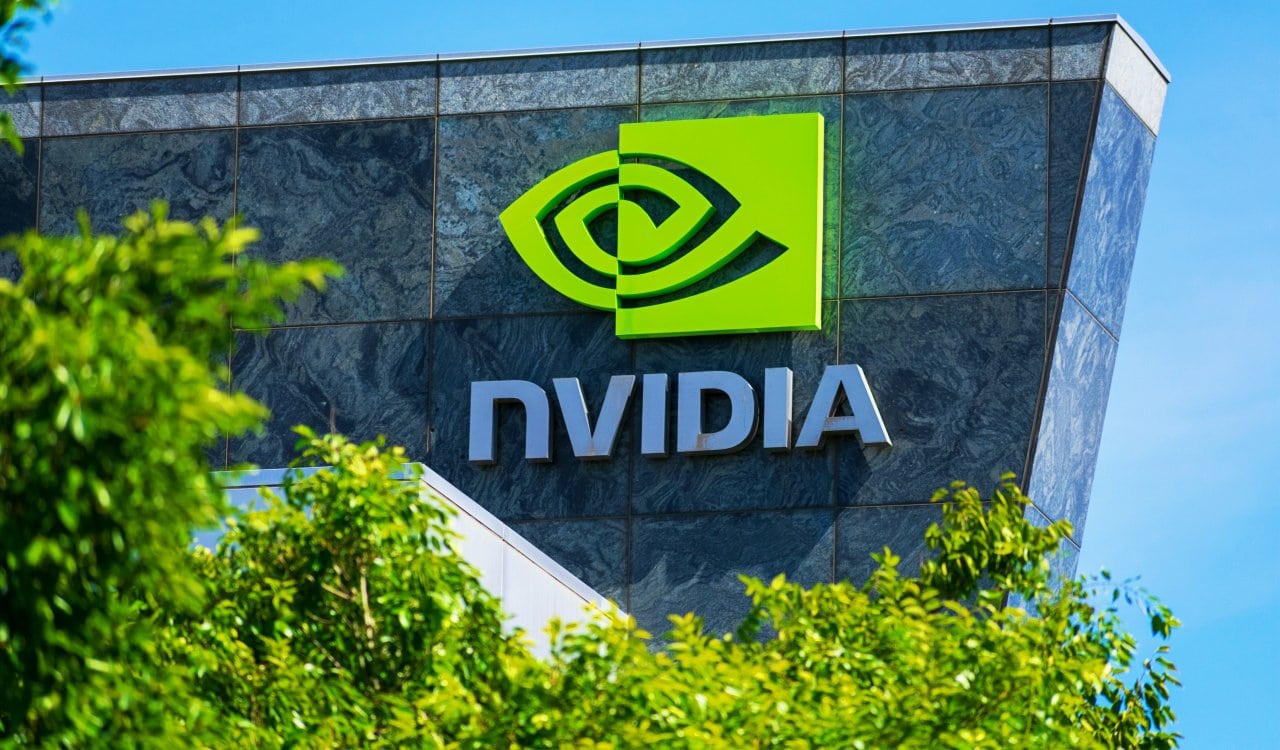
Success – Nvidia
- Current Company Value: Around $447.30 Billion
Nvidia was founded back in 1993 and is currently known for its graphics processing units or GPUs along with their application programming interfaces or APIs. These are used in all forms of data science and high-performing computers, high-end mobile computing, and even the automotive market. They have also become a world leader in artificial intelligence hardware and software, meaning we’ll likely see a lot of this company in the future. Nvidia products are utilized in supercomputing sites worldwide, and their move into the mobile market has been huge for them.
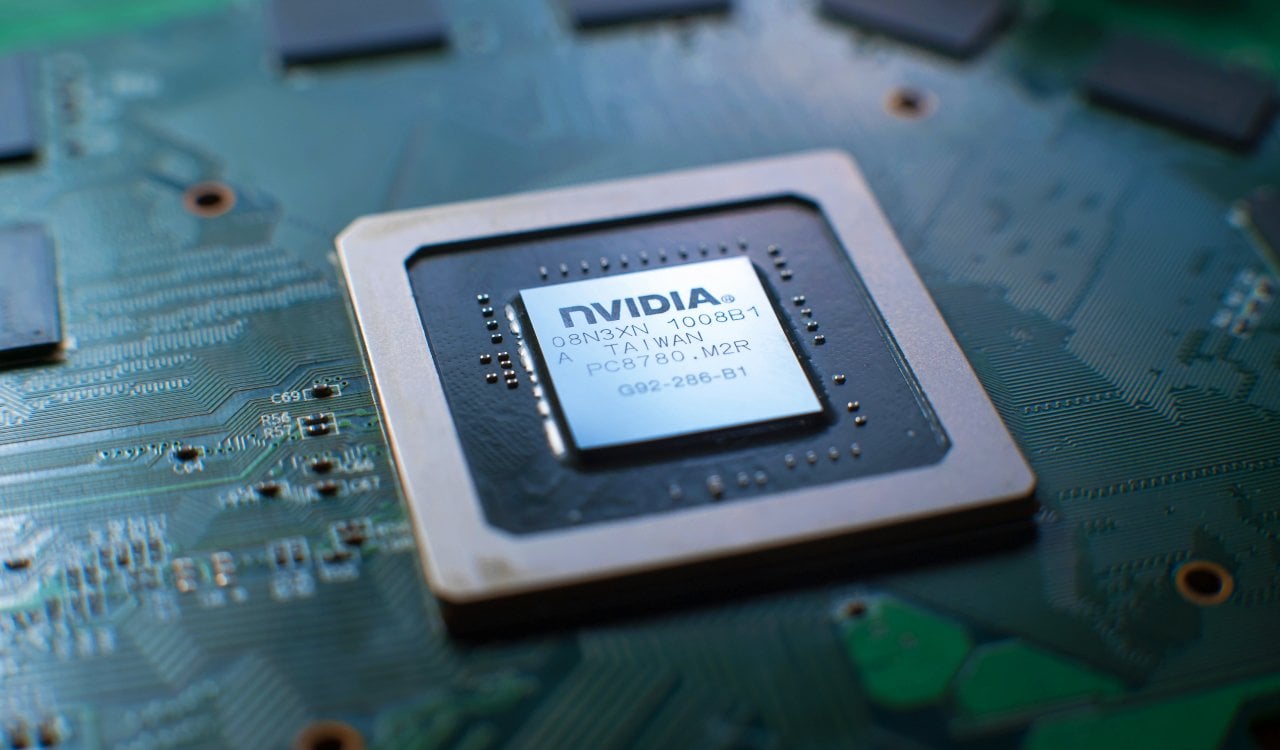

Failure – Homejoy
- Current Company Value: SHUT DOWN
The initial idea Homejoy brought to the table made a lot of sense. People could come to their website where they would connect customers to home service providers in the form of house cleaners and handymen. It was a sensible service and included people in several major cities across the United States, Canada, and even the United Kingdom. Homejoy charged a variable rate, usually between $25 to $35 per hour ($19 introductory rate). However, issues arose as the company began to lose customers. The CEO at the time, Adora Cheung, seemed to avoid working on trying to fix this problem.


Success – Dropbox
- Current Company Value: Around $8.90 Billion
While Dropbox has experienced some criticism over the years, they remain one of the best in the world at what they do. Well before Apple and others introduced their cloud service, Dropbox was the only true game in town for major file sharing. Today they operate as a file hosting service and offer cloud storage, file synchronization, personal cloud, and client software. To think, all of this was started in 2007 by two MIT students, Drew Houston and Arash Ferdowsi. While they did get some seed funding from Y Combinator, a known seed accelerator, they began profiting relatively soon.


Failure – Powa Technologies
- Current Company Value: SHUT DOWN
Powa Technologies was founded in 2007 by British entrepreneur Dan Wagner. The company is known for its commerce (both mobile and e-commerce) services. Of course, the real hallmark of Powa was its flagship product, the mobile application called “PowaTag.” In 2013, the company managed to get the largest Series A Funding round for a tech start-up ever at that point. They managed to get $76 million, which was so impactful it caught the attention of former UK Prime Minister David Cameron, and for good reason. That money seemed to help a lot, as it allowed them to buy up Hong Kong company MPayMe and its ZNAP technology too.
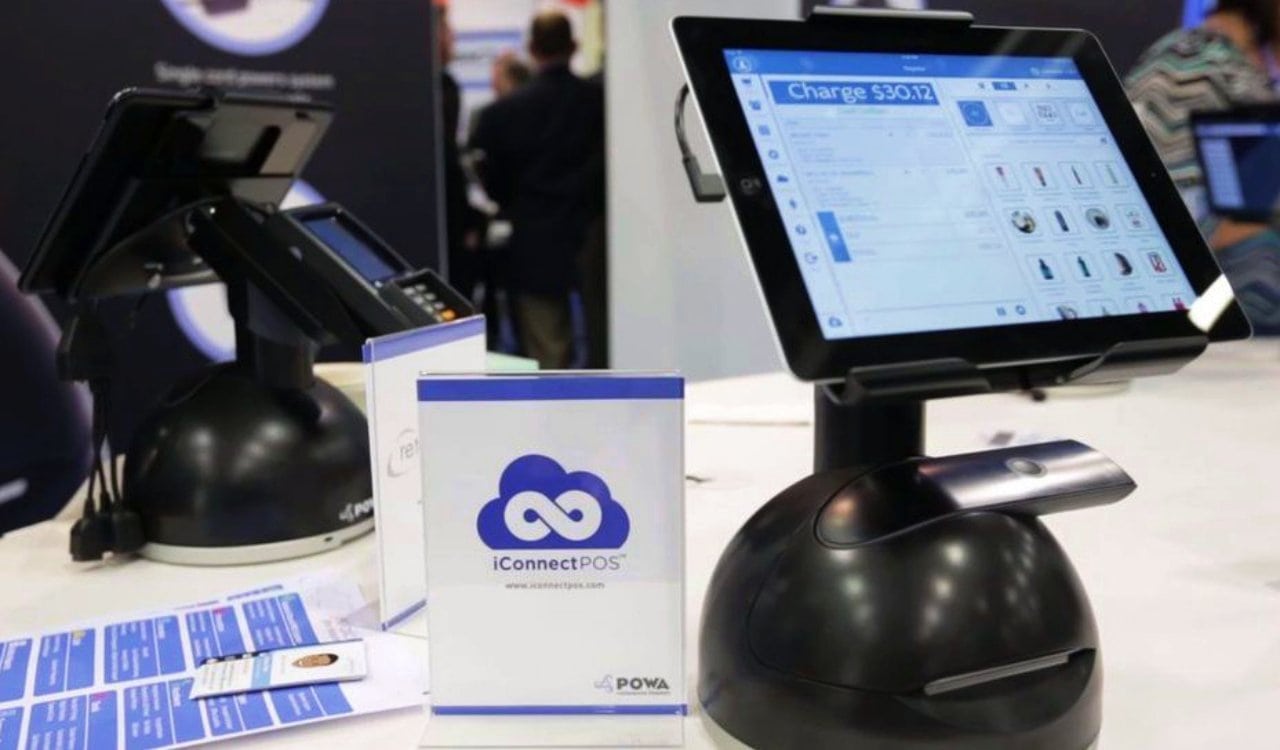
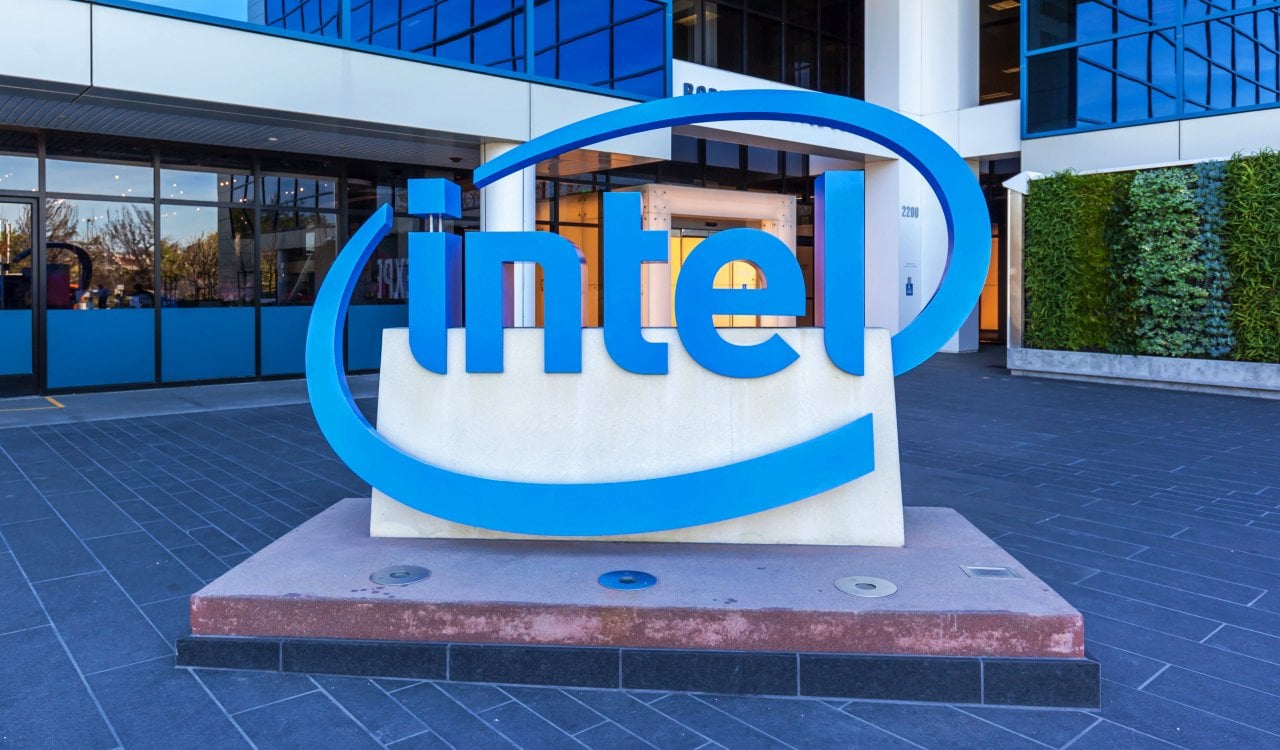
Success – Intel
- Current Company Value: Around $137 Billion
The Intel Corporation is one of the most notable technology companies on the planet. It is also one of the most successful Silicon Valley companies or truly American companies in general. They are the world’s largest semiconductor chip manufacturer in revenue. Intel is also one of the developers of the x86 series of instruction sets found in most personal computers. Of course, they also make motherboard chipsets, network interface controllers, flash memory, graphics chips, integrated circuits, embedded processors, vehicle automation, solid-state drives (SSDs), and many other devices used in communications and computers.
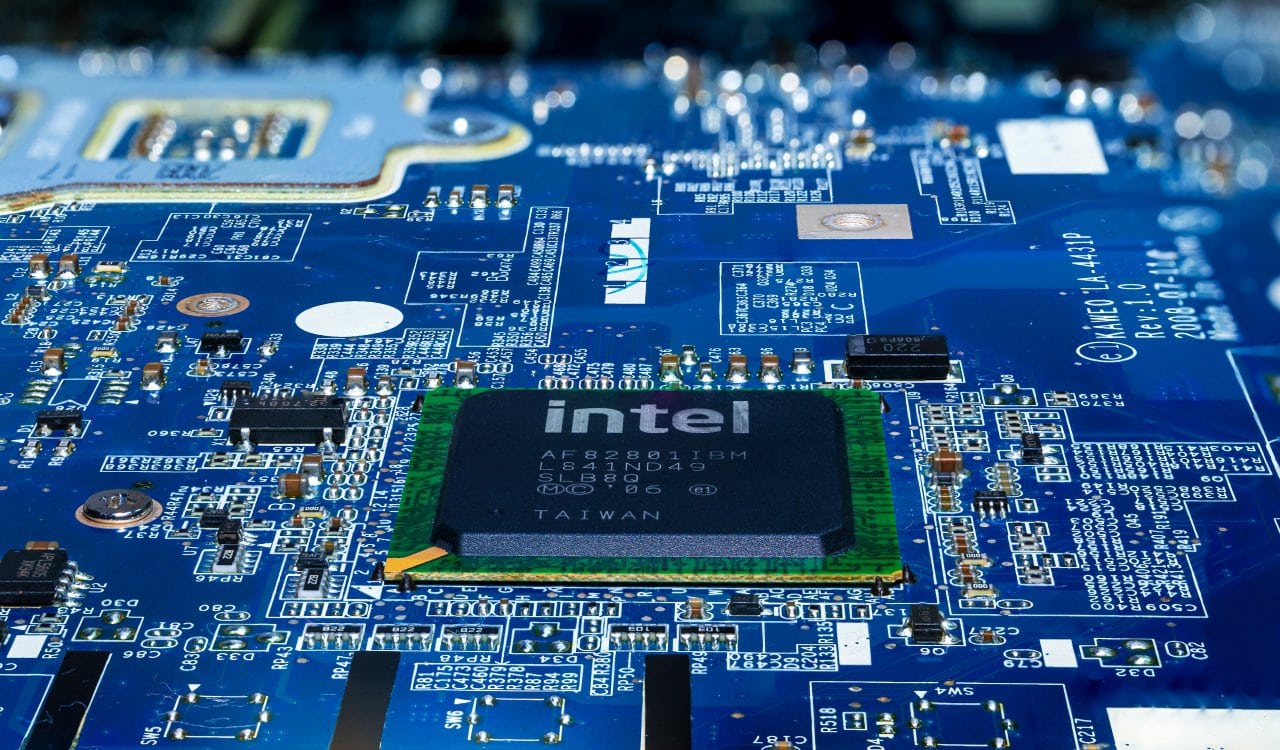
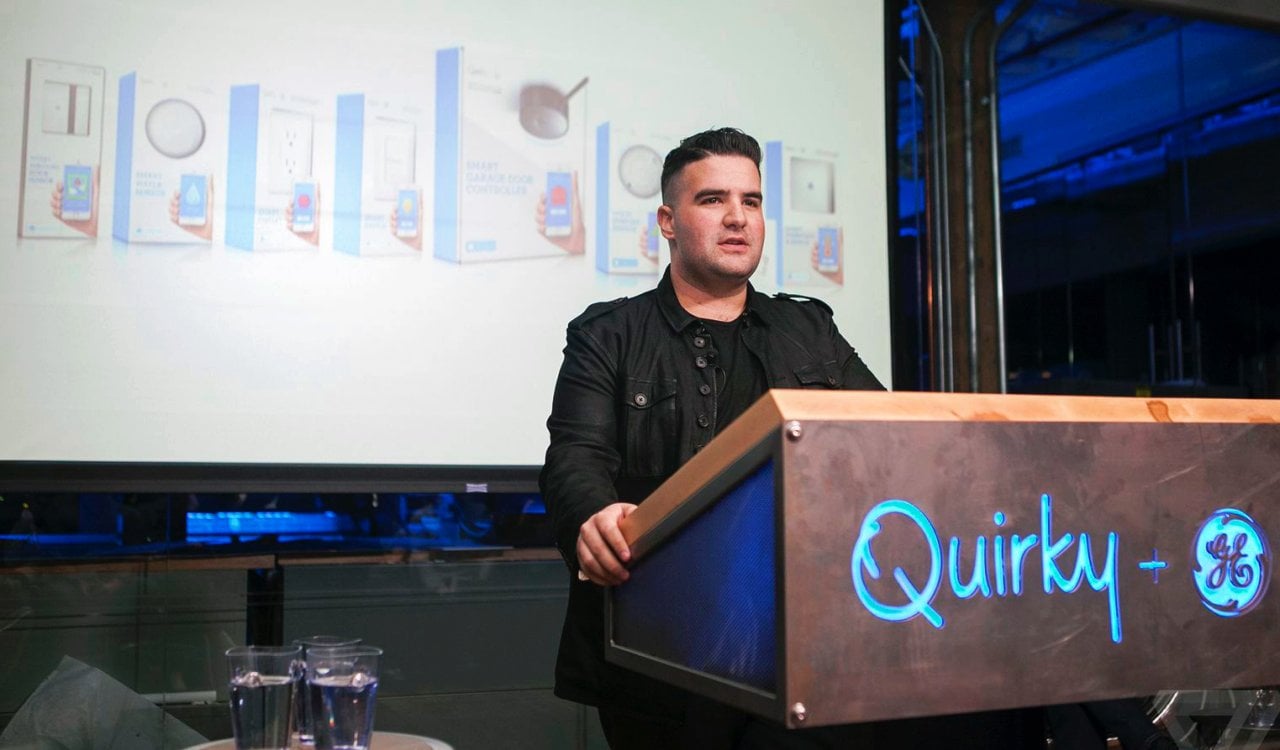
Failure – Quirky
- Current Company Value: Around $4.5 million
Honestly, Quirky had a fantastic idea in theory. A lot like what you might see on ABC’s Shark Tank, they connected inventors with investors. Better than this, they let people vote on the inventions to fund and crowdsource. In 2010, they were given $6.5 million in Series A venture capital by RRE Ventures and $16 million in Series B in 2011 by Norwest Venture Partners. They ended up also getting Series C and Series D funding worth a total of $109 million. This included investment from GE into Wink, which was Quirky’s side software business.
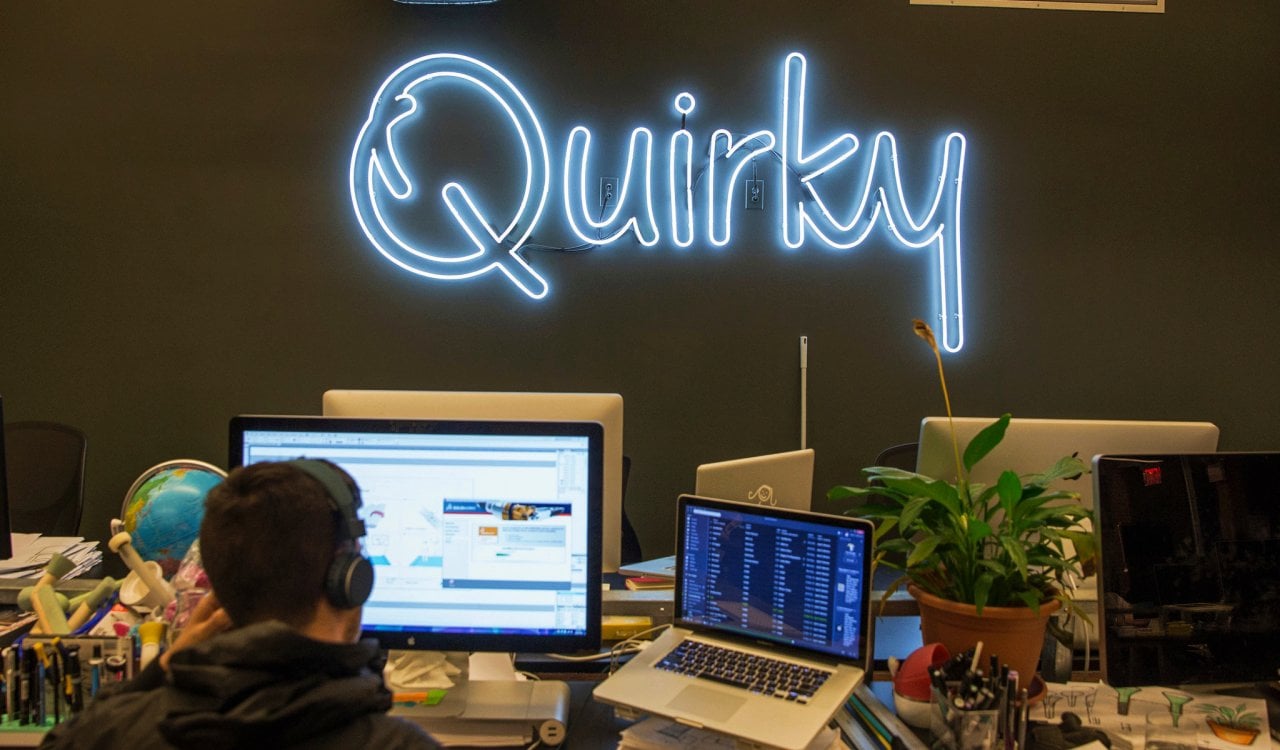
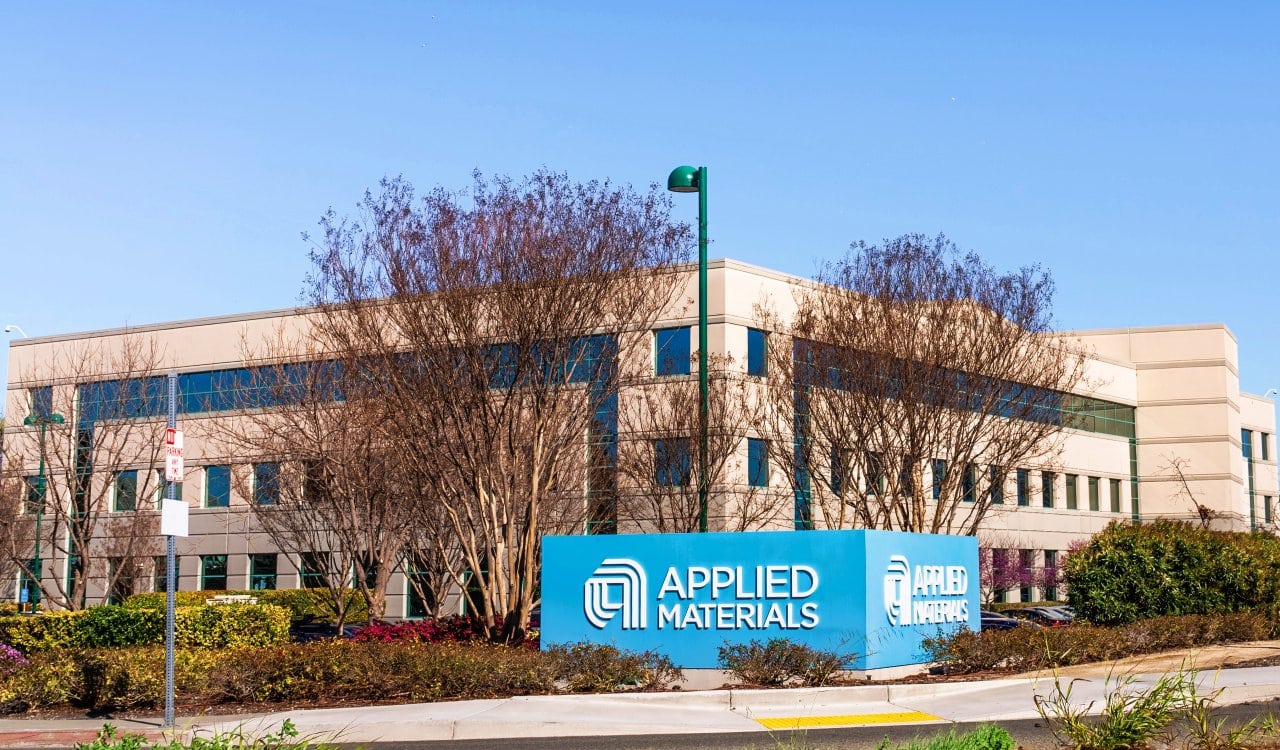
Success – Applied Materials
- Current Company Value: Around $92 Billion
While the name is not exactly the catchiest in the world, it tells you pretty much what they do. Applied Materials is a tech company known for doing a ton of different things. They make semiconductor chips for electronics and flat panel displays for computers. They also supply these chips for smartphones, televisions, and solar products. Being one of the notable Silicon Valley corporations has its benefits, as Applied Materials has worked with many companies in the area. This includes making coatings for flexible electronics and other applications. Like other successful companies before them, Applied Materials also bought out other companies.
[Image via T. Schneider/Shutterstock.com]Most of the time, they purchased companies outside the United States. This includes Etec Systems, Oramir Semiconductor Equipment Ltd, Baccini, and Varian Semiconductor. They were close to purchasing the Kokusai Electric Corporation before delays kept happening on approval from China’s regulator. AM also had plans to merge with Tokyo Electron in 2013 but this fell through in 2015 after antitrust concerns were raised. They have also been a big part of the green energy world, as they opened their Solar Technology Center in 2009. It is still the world’s largest commercial solar energy research and development facility.

Failed – Gravity4
- Current Company Value: SHUT DOWN
Gravity4 came and went like a thief in the night, and lasted a shorter period of time than most Silicon Valley Corporations. The real issue behind Gravity4’s failure truly was its owner, Gurbaksh Chahal. The Indian-American business entrepreneur started another company by the name of RadiumOne, an ad company. While he was the Founder and CEO, he was pushed out of his CEO position in 2014 after being convicted of domestic violence and battery. While he pleaded not guilty, he was still convicted but was only hit with probation. As a result, he launched Gravity4, also essentially an advertising company in 2014.


Success – Netflix
- Current Company Value: Around $100 Billion
Pretty much everyone has heard of Netflix by now and it is even more likely that you currently subscribe to their service or have in the past. Started back in 1997 by Reed Hastings and Marc Randolph, it took them years to build the company. Yet they managed to do so, eventually offering a small streaming service along with a mail service where they sent out DVDs and BlueRays to clients. Today, they only really operate the streaming service and have made billions of dollars with it. As of the Summer of 2022, at least 220 million people worldwide subscribe to Netflix. A little over 70 million of those people are in the United States and Canada.
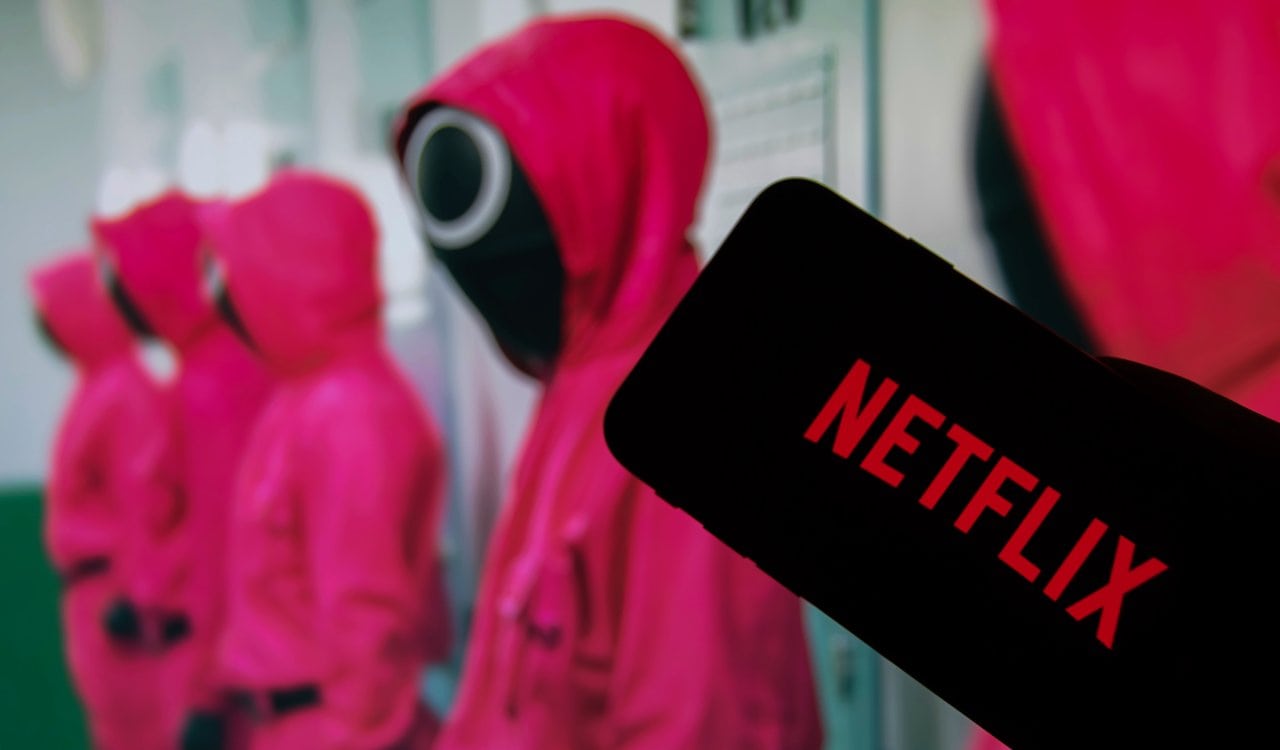

Failure – “Secret” Social Network
- Current Company Value: SHUT DOWN
Originally, it made sense to have a social network where one could discuss things publicly but still have anonymity. Those on the site could discuss something like drug use or other people without fear. Founders David Byttow and Chrys Bader-Wechseler seemed to set up the company for success when it launched and began to gain a lot of users. Due to Bader-Wechseler’s previous work at Google, they were able to gain a ton of interest from investors. This resulted in over $30 million that could be used to make Secret a huge success. While the company did have some initial success, this was not possible to continue forever.
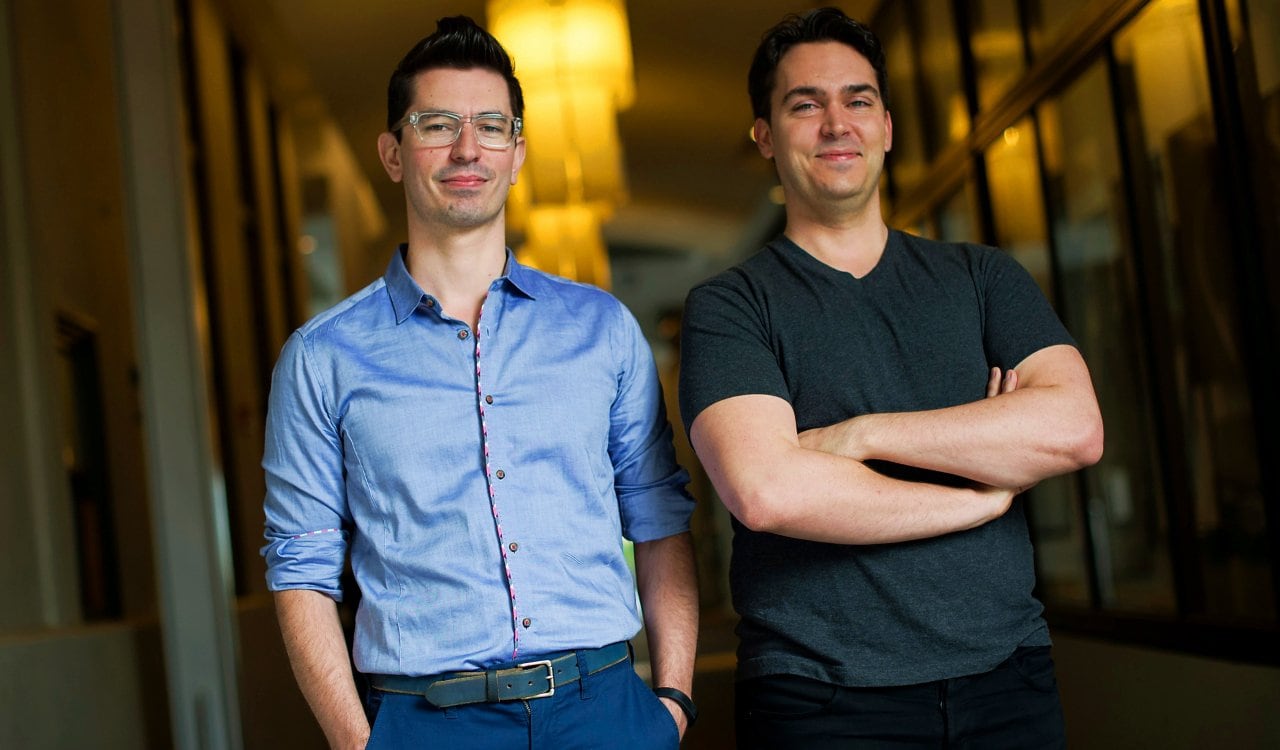
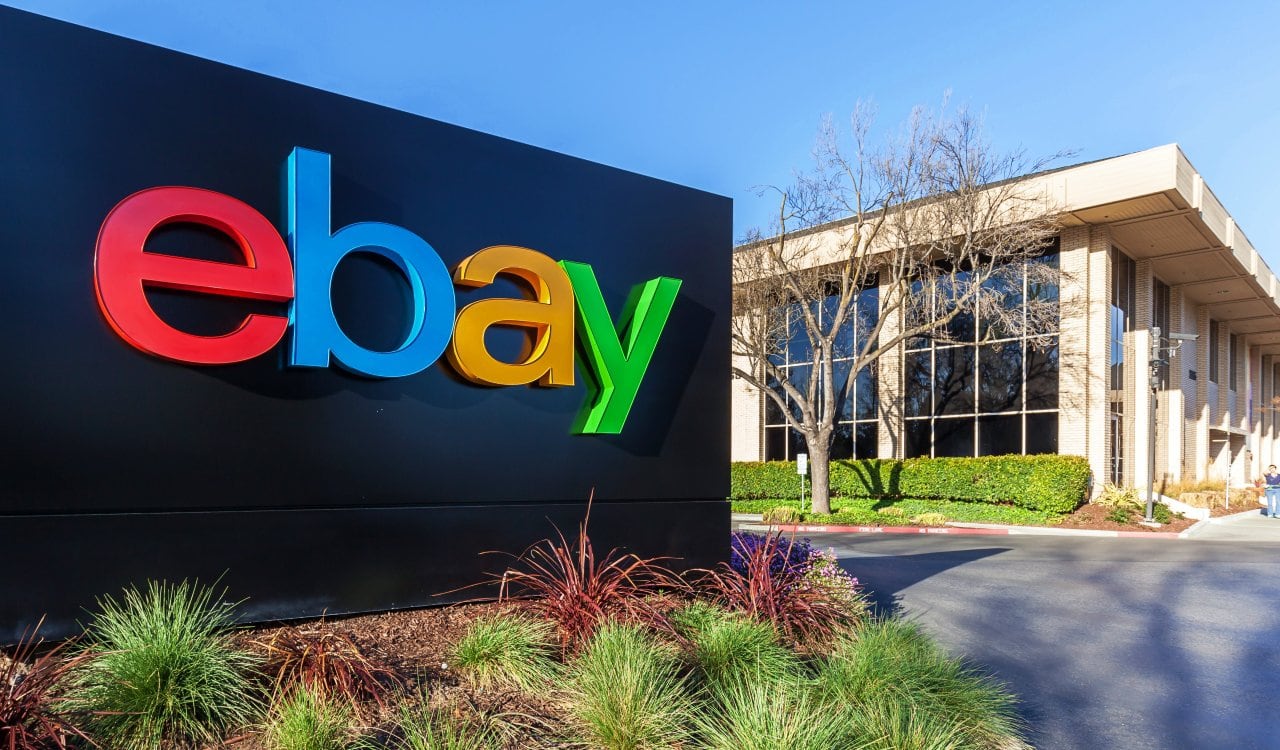
Success – eBay
- Current Company Value: Around $27.2 Billion
If you have not heard of eBay by now, then where have you been? Truthfully, it can be stated that eBay was one of the first truly notable e-commerce companies on the internet. The company was founded back in 1995 by Pierre Omidyar and managed to survive the infamous “dot-com bubble.” The entire concept behind eBay is that people sell things to other people, and it is usually done in the form of a semi-auction. Where the seller gives a price for the item and can lower it if they feel people are not biting at the original price. Once bidding begins, they can decide to sell to whoever the highest bidder is at that point.
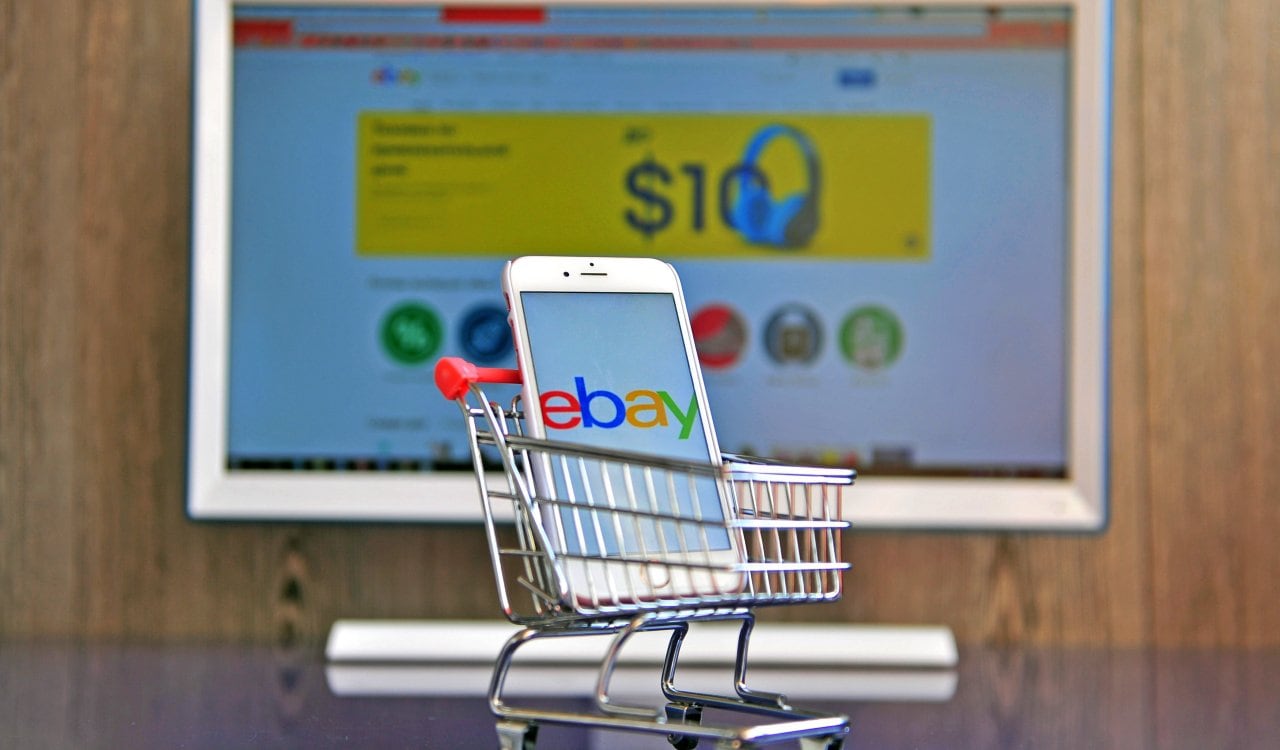
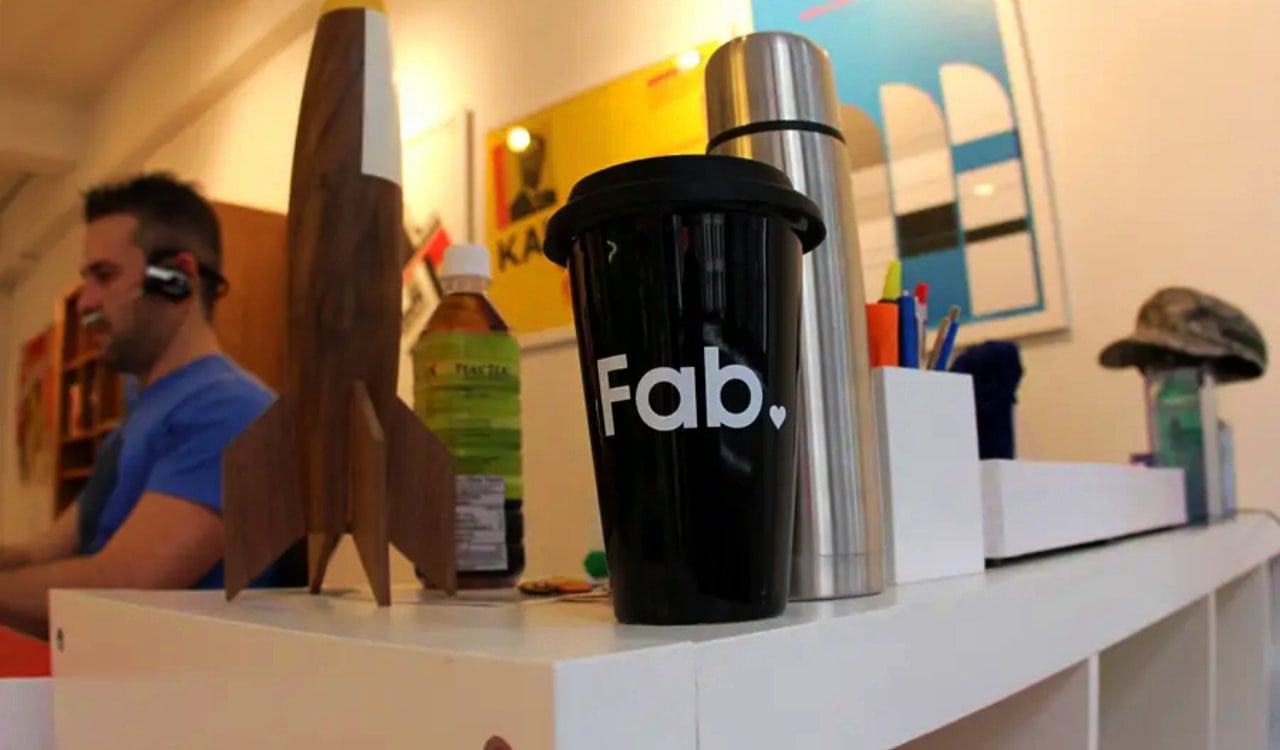
Failure – Fab
- Current Company Value: Unknown
After seeing the success of eBay, many copycats came along while others joined a unique area of the e-commerce territory. Fab was expected to be the next big thing in this area after it started up in 2010. The company managed to raise a little over $300 million in venture capital and by March of 2015, Fab was valued at around $1 billion. They grew slowly but consistently. In June 2011 they managed to see 175,000 members but by December 2012 they had roughly 10 million members. In 2013, Fab was seeing at least six million unique visitors a month. How could they possibly fail at this rate?!?
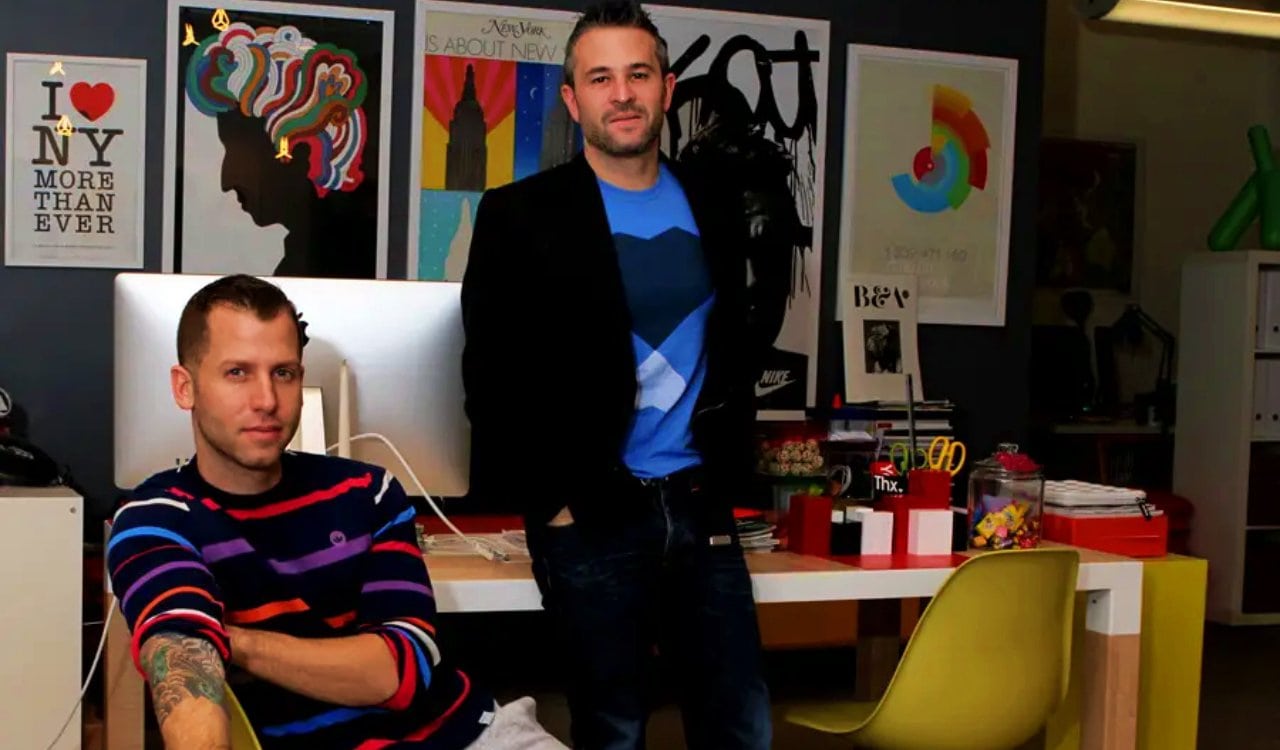
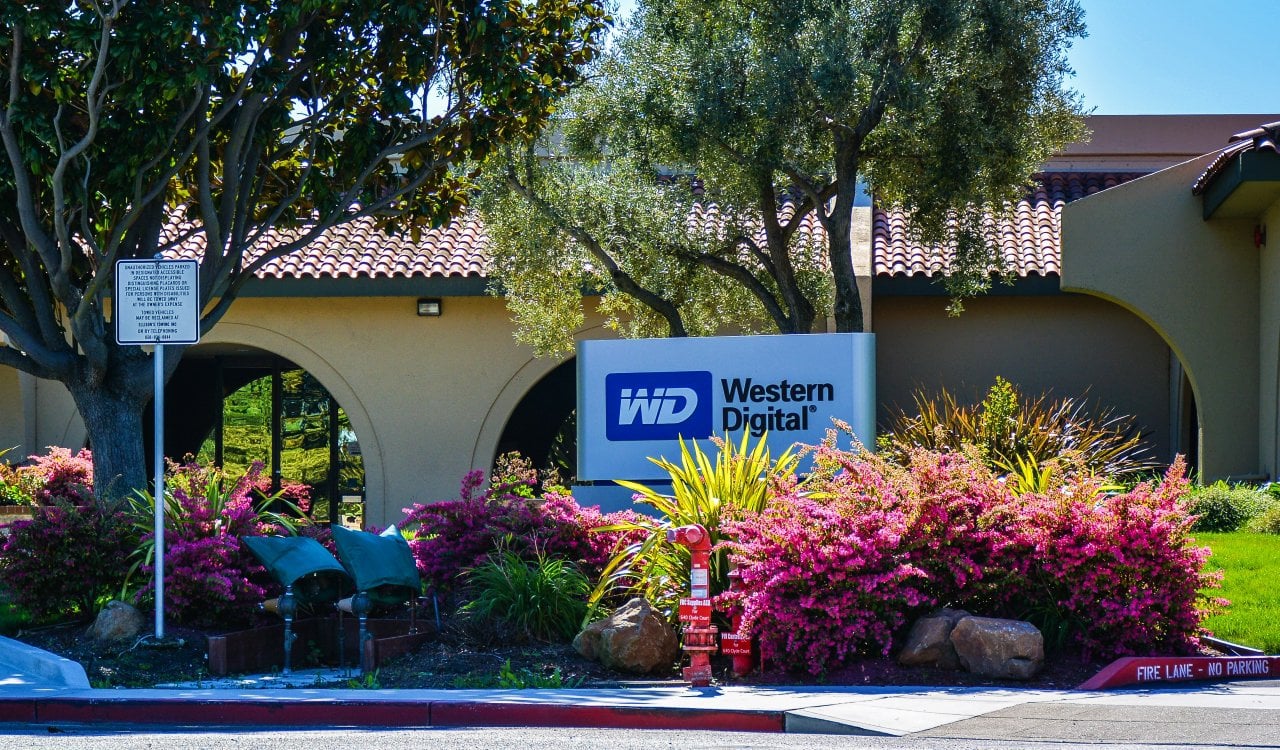
Success – Western Digital
- Current Company Value: Roughly $20 Billion
While some likely do not know about Western Digital, it is very likely they have used a product this company has made. The company has been around since the early 1970s, meaning they have been in operation for more than 50 years at this point. Today, they are one of the kings in the hard disc drive and data storage business. The company currently designs and manufactures its own products, as well as sells them. While they are known more for data storage devices, Western Digital also manufactures data center systems and offers cloud storage services.
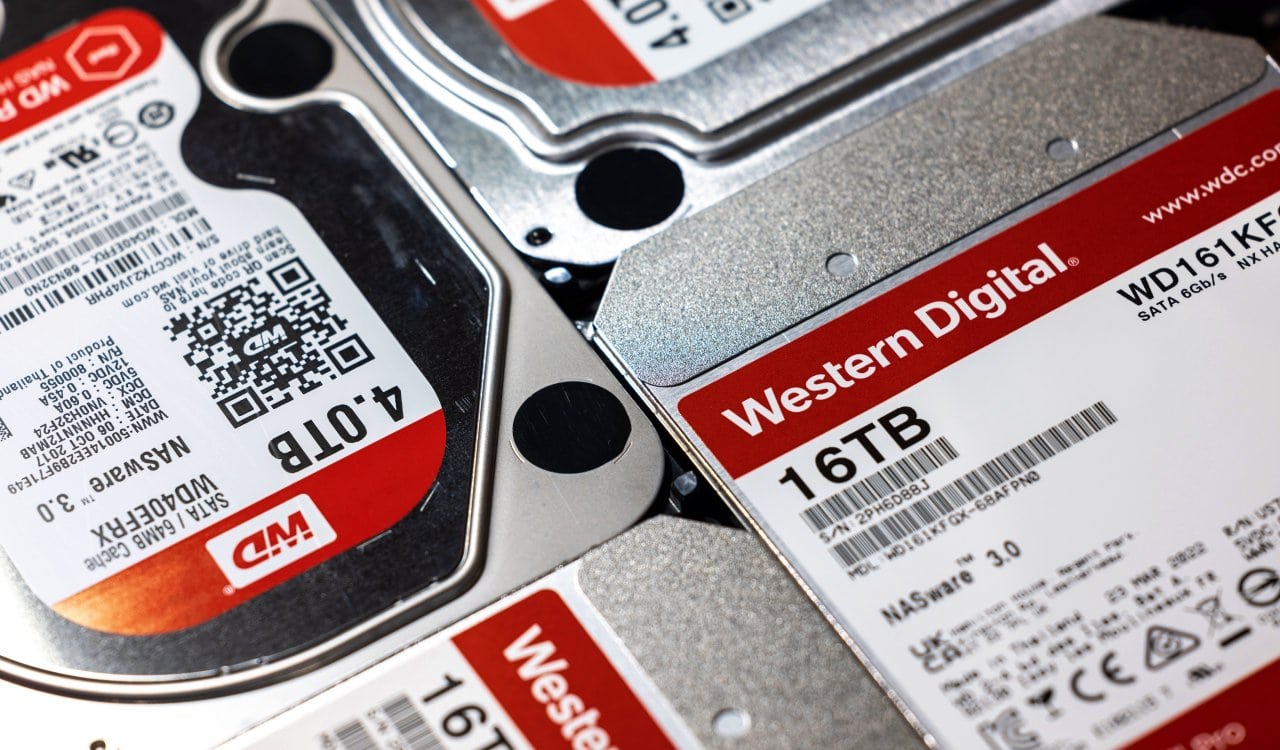

Failure – Rdio
- Current Company Value: SHUT DOWN
With companies offering music for free, trying to start a music streaming company is tough today. However, years ago it seemed like a good plan to try. Interestingly, the founders of Skype, Janus Friis and Niklas Zennström launched the company in August 2010. Yet the market at the time was pretty impressive as the new-look Napster along with Rhapsody, Deezer, and Spotify were already doing quite well. In 2013, Rdio started up a recommendation feature to form personalized albums or stations. Then in 2014, introduced a free option for streaming music that included advertisements. It is easy to forget, but Rdio did really change the game at first.

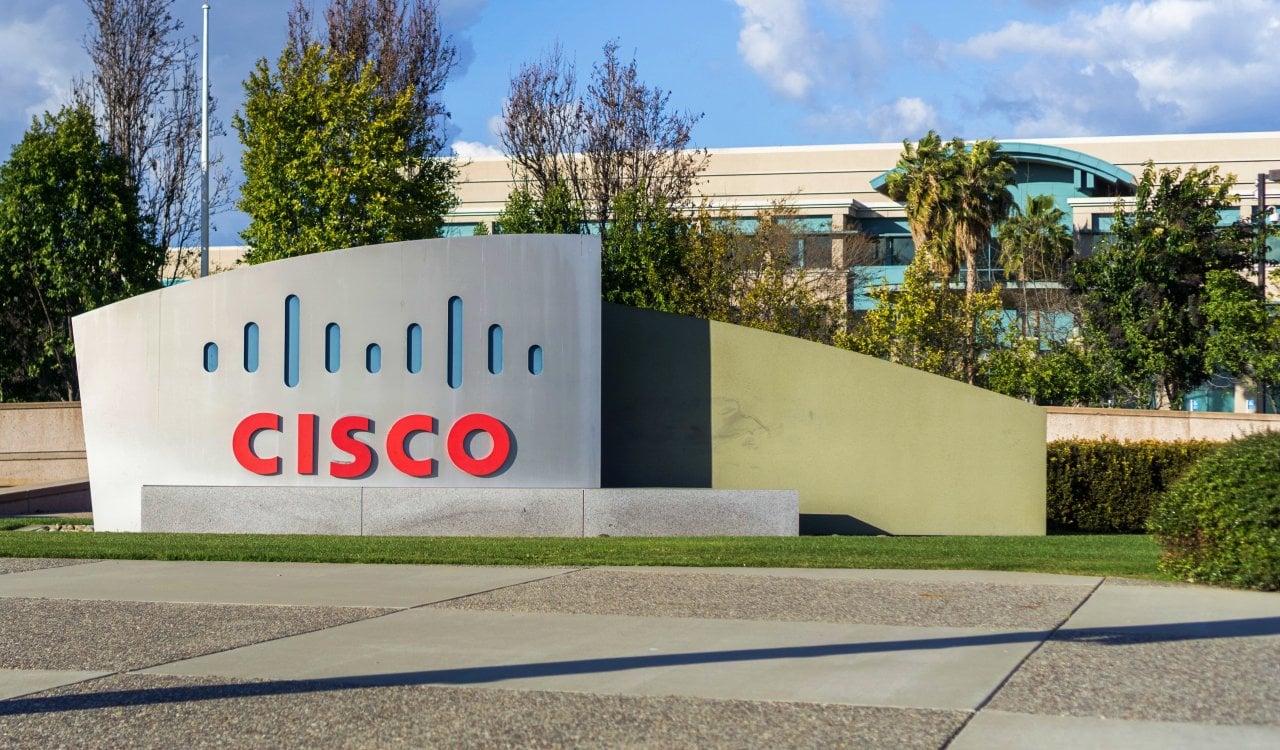
Success – Cisco Systems
- Current Company Value: Around $200 Billion
It is quite impressive how successful Cisco Systems has become since launching in the mid-1980s. Founders Leonard Bosack and Sandy Lerner were impressive people who likely were ahead of the game when it came to the future of computers. Both Stanford University graduates, Bosack and Lerner were the main brains behind connecting the Stanford computers through the local area network or LAN concept. The concept caught on and would become a major concept at schools across the country. Today, Cisco makes networking hardware (you likely use their modem for WiFi). They also make telecommunications equipment, software, and much more.
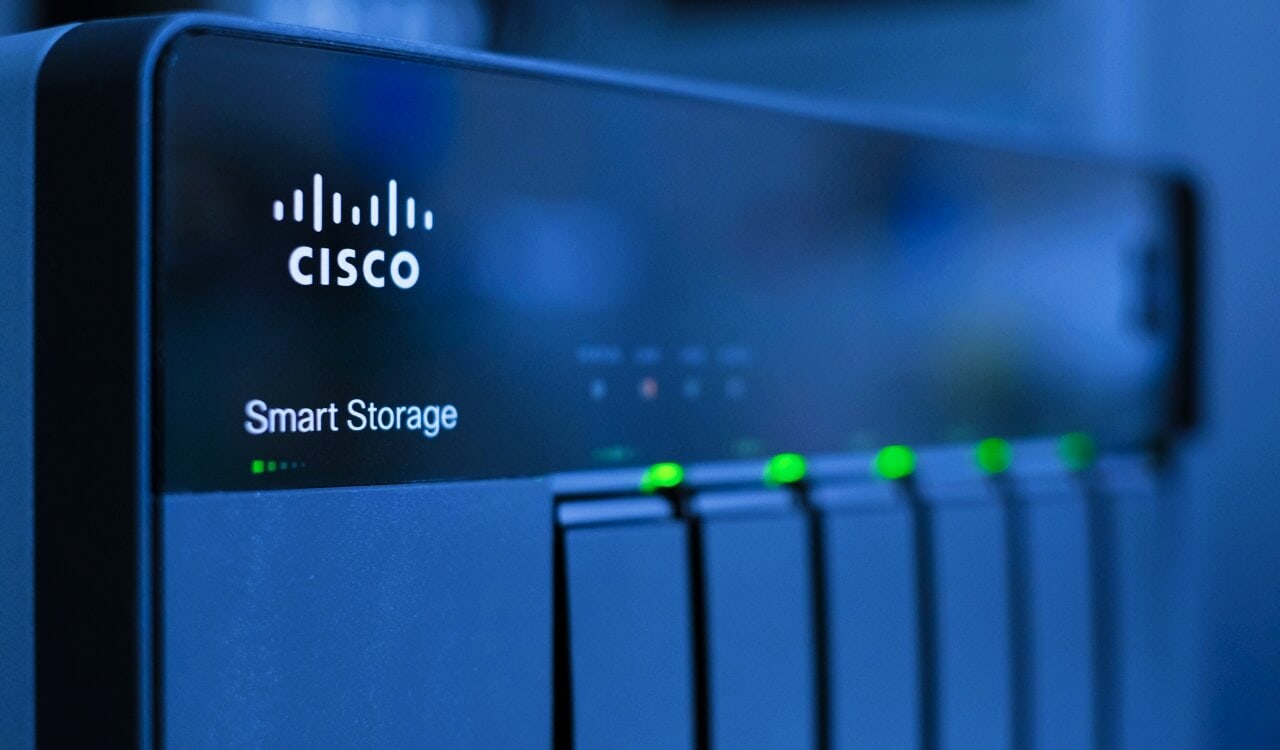

Failure – Juicero
- Current Company Value: SHUT DOWN
It is really hard to understand how Juicero really became a thing in a world of less expensive juicers. As referenced, this is a juicer that used specialized single-serve packets of pre-chopped fruits and vegetables. They also only sold these packets via a monthly subscription. The Juicero itself was also WiFi-connected for, we suppose, the person that likes to start getting their juicing going while getting ready for work? The problem with the company should have been obvious from the start honestly. First of all, the Juicero device itself was high-priced when it first came out.
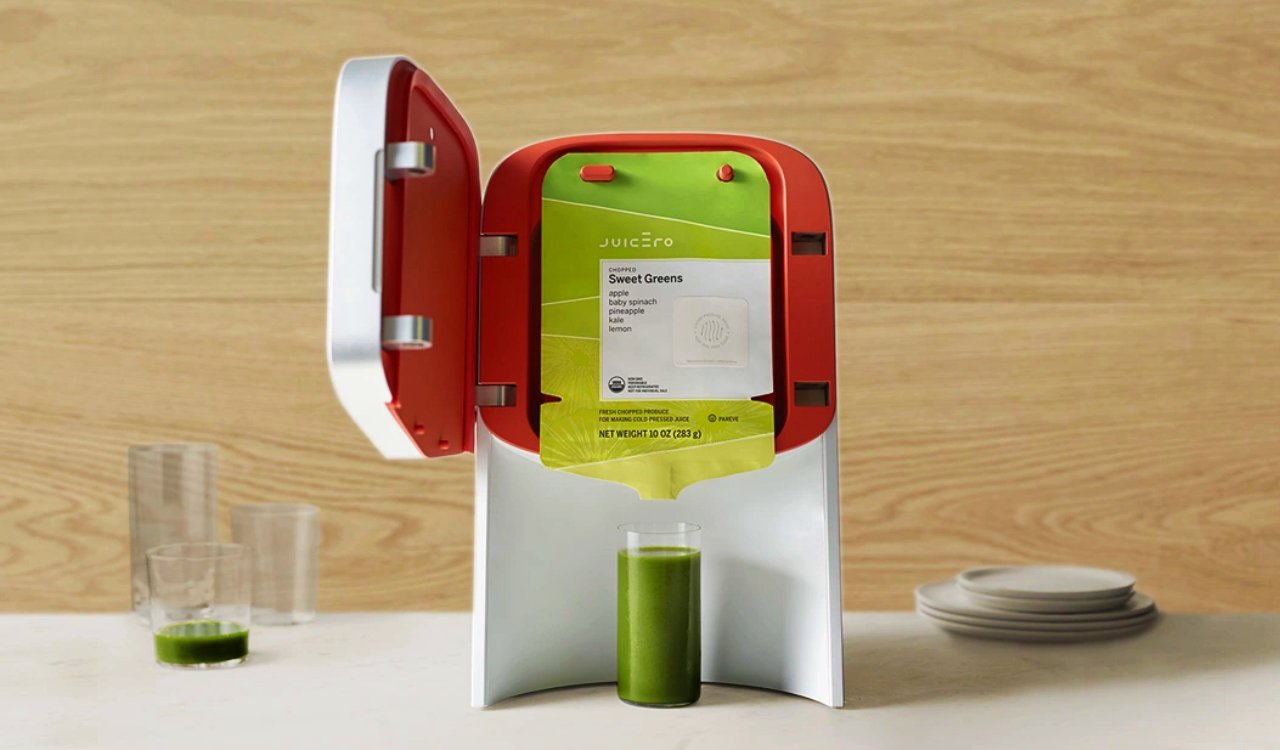
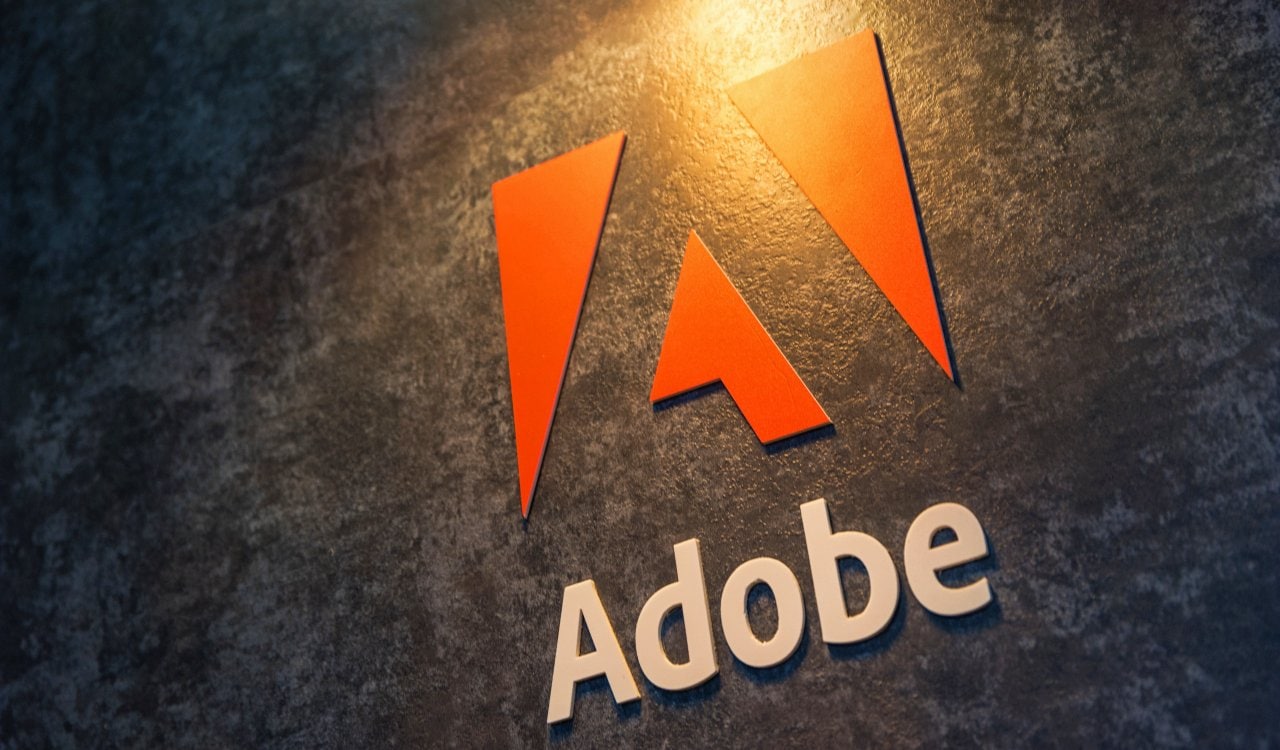
Success – Adobe
- Current Company Value: Around $200 Billion
While Adobe has made some controversial decisions in recent years, no one can deny they are one of the most important companies within the media landscape today. Perhaps its most infamous product, Photoshop, has been used by millions of people for several years now. Yet the company’s editing software known as Premiere Pro and After Effects has been massive. Both are used in television for either your normal news station or for your favorite sitcom. Both are also not too expensive for the average consumer to afford. This allowed regular people to make videos equal to what you might see on television.

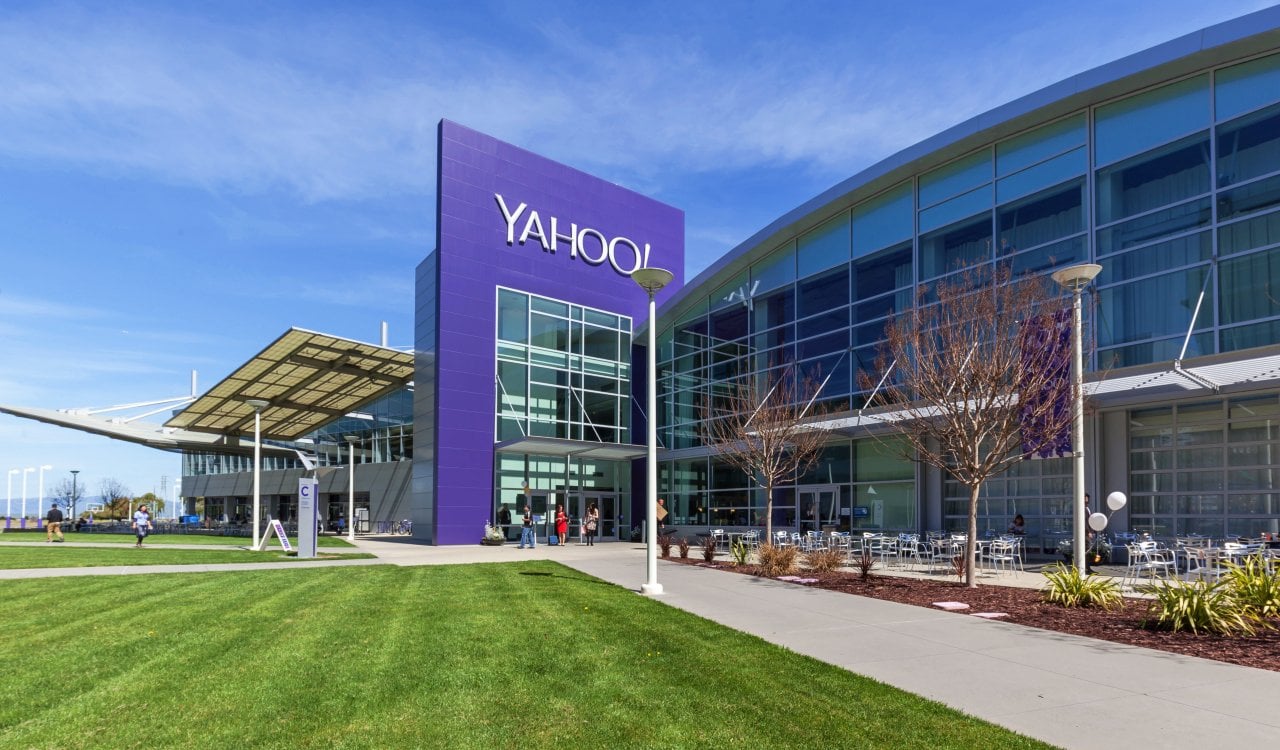
Failure – Yahoo!
- Current Company Value: Around $4 Million
We should first note that while Yahoo! is currently not failing completely like other companies on this list, they are certainly going downhill from the company’s previous place online. The issues with Yahoo! truly start from within. Former CEO Scott Thompson was replaced after investor Dan Loeb questioned Thompson’s academic credentials. This turned out to be understandable, as Thompson lied about having a computer science degree. Marissa Mayer was then brought in for the CEO role in 2012, which was a huge pick-up. Mayer had previously worked at Google for a long period of time and had great success.
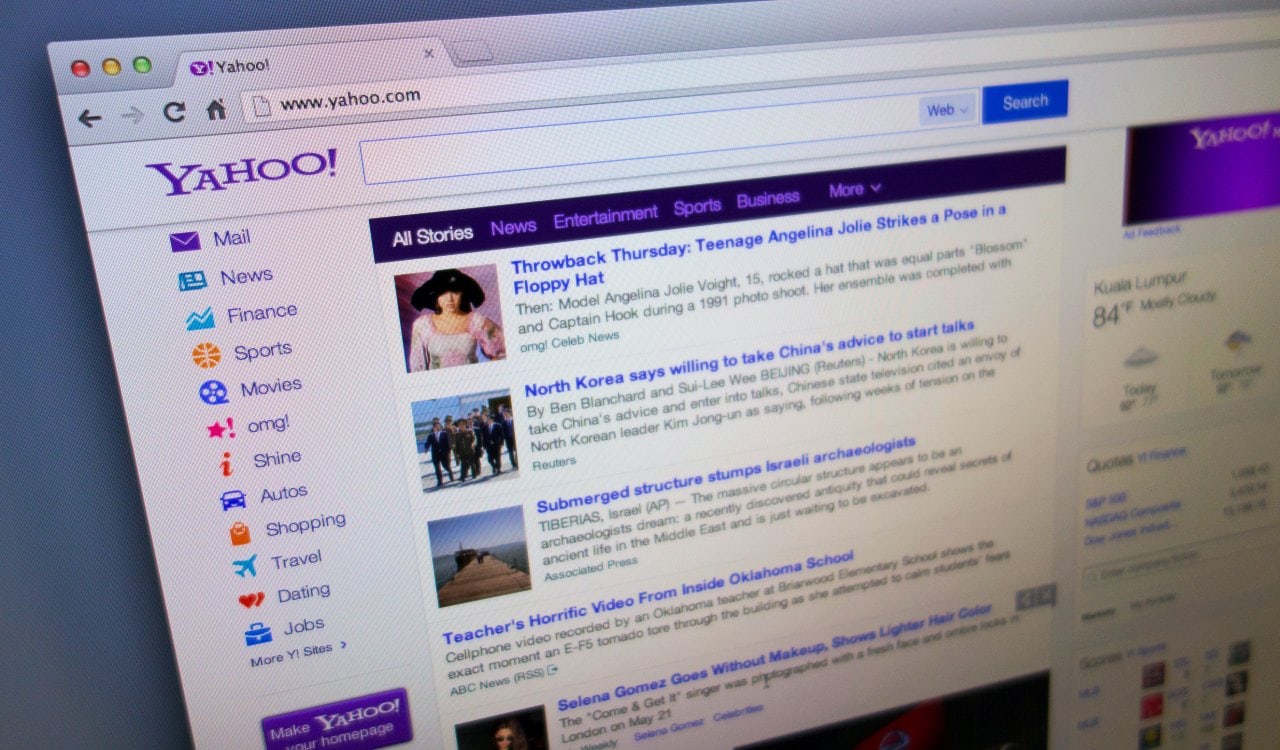

Success – Hewlett-Packard (HP), Incorporated
- Current Company Value: Around $30.50 Billion
Hewlett-Packard, otherwise known as HP, has been in business for over 80 years. They first opened their doors in 1939 and have been running ever since. It was founded by two Stanford University graduates, Bill Hewlett and David Packard. The two were electrical engineers who essentially put HP on the map in the world of early computing. HP was a small company until they won their first big contract to work on the Walt Disney production, Fantasia. This film is still considered a classic to this very day. Eventually, they became one of the world leaders in personal computers, printers, and much more.
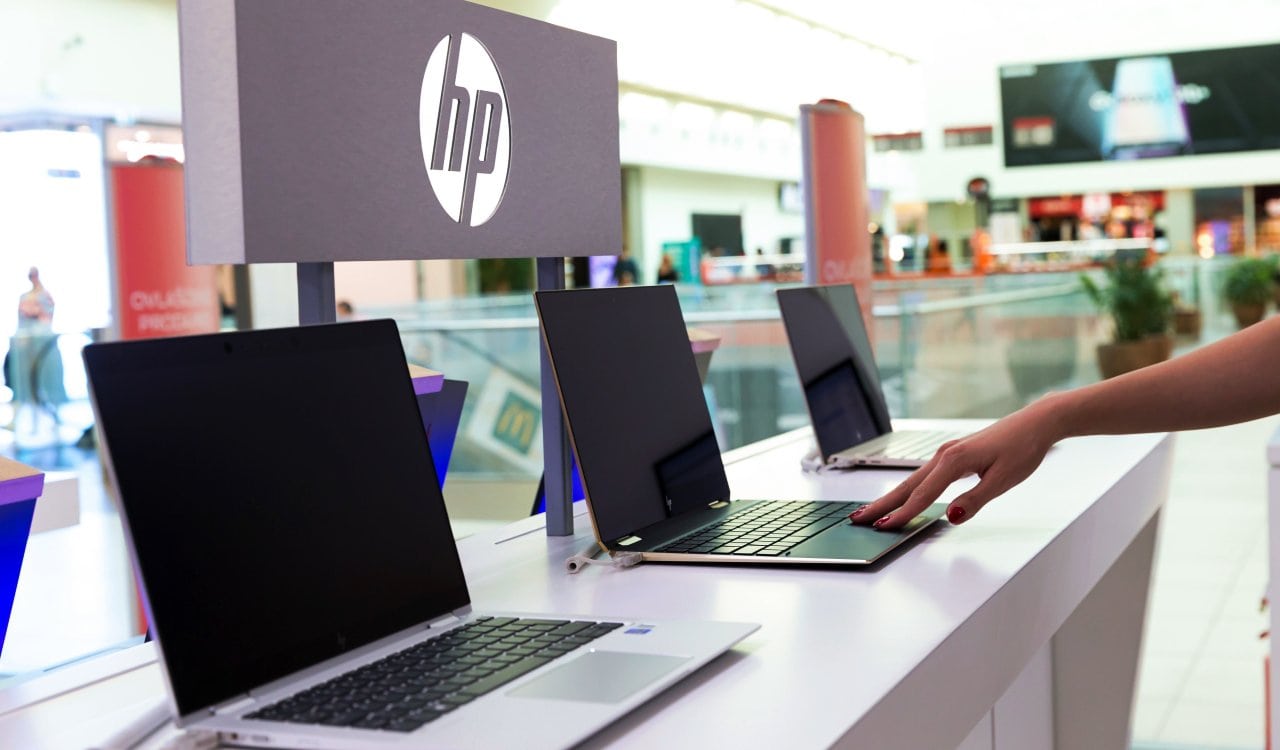
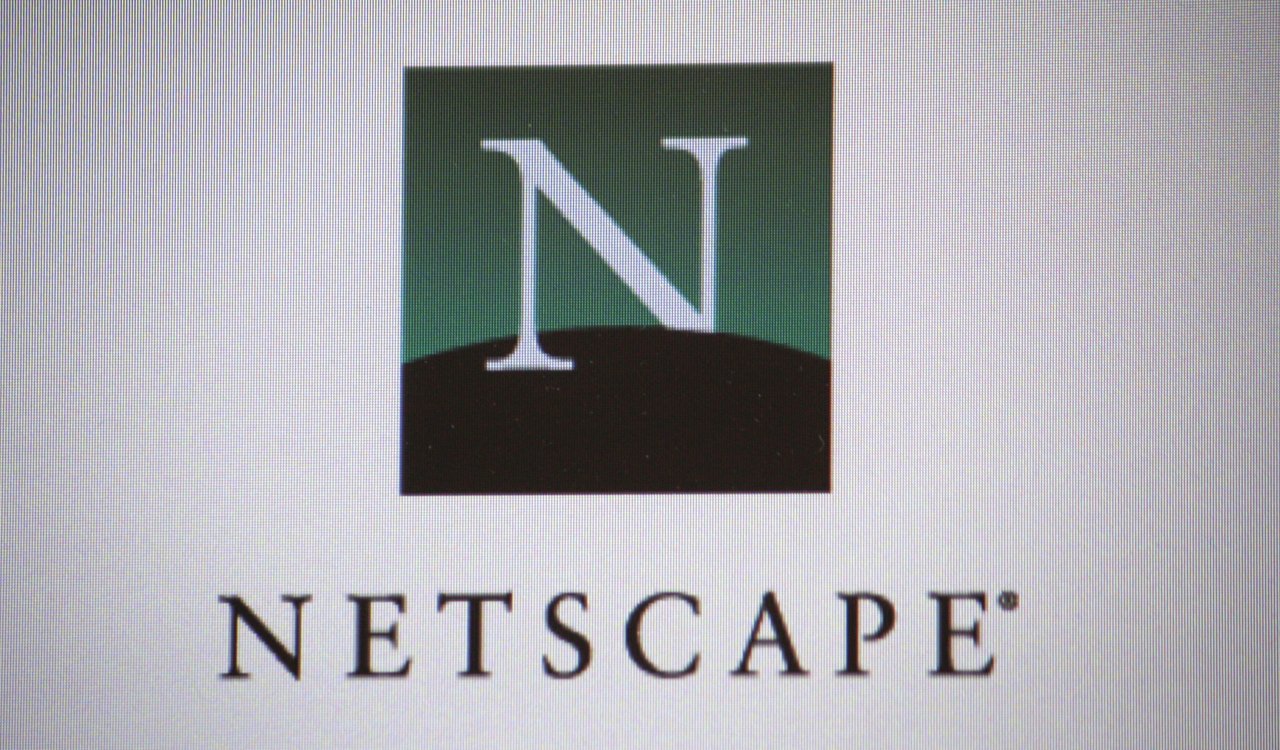
Failure – Netscape
- Current Company Value: SOLD OFF, VALUE UNKNOWN
During the start of the internet browser wars, Netscape was a pretty notable web browser but ended up losing out to Internet Explorer. They were pretty huge early on, taking up more than 90% of the web market by the middle of the 1990s. Yet by 2006, they were seeing less than 1% of the market. Netscape’s employee Brenden Eich did create JavaScript and one of the founding engineers Lou Montulli created the first web cookies. Netscape is also responsible for SSL, which secures websites more for online communication. Today, any place that uses an SSL will have the “HTTPS://” opener to its website’s URL.
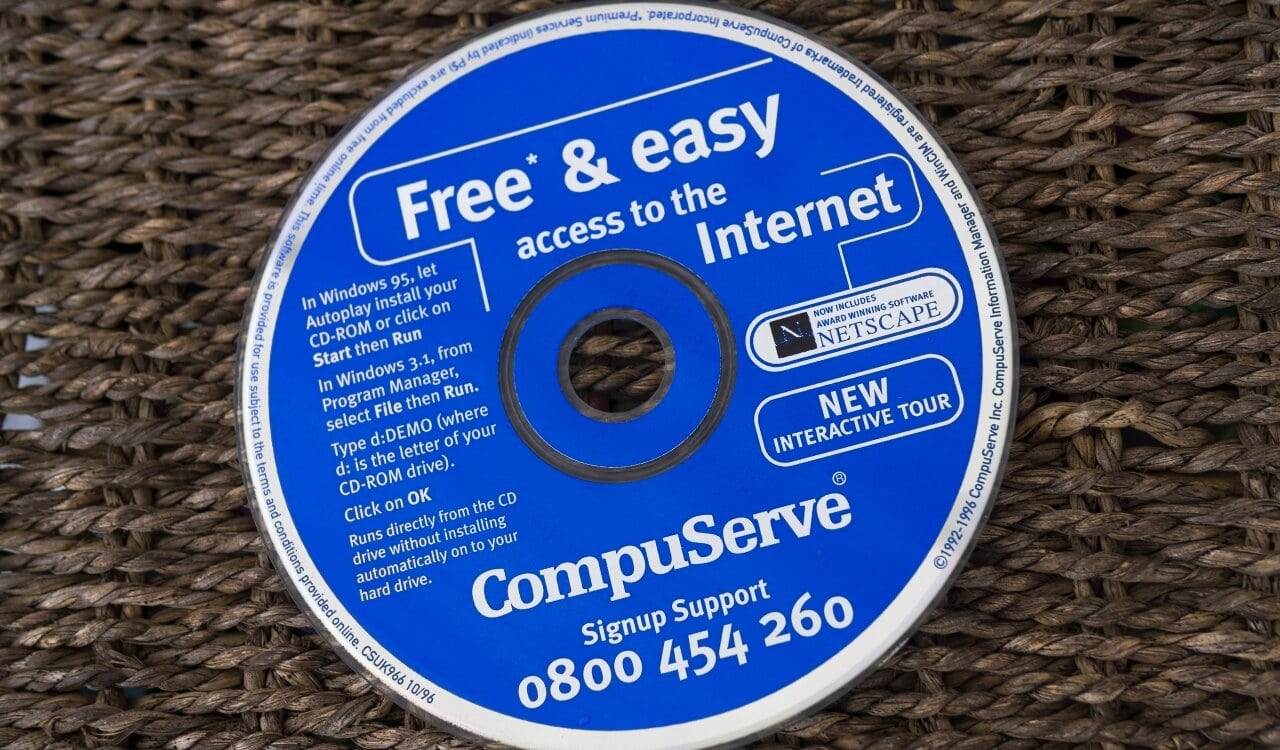

Success – Microsoft
- Current Company Value: Slightly Over $2 Trillion
Bill Gates and Paul Allen started Microsoft back in 1975 with Gates eventually becoming the public face of the company. Microsoft noticed that a lot of places were making hardware for computers and other devices. Yet they realized these products would need proper software. That eventually led to the Windows operating system we see today. As the internet became a major part of life, they decided to make their own browser… Internet Explorer and eventually Edge. Of course, they were not done there. Gates among others saw that the video game industry was booming and Microsoft wanted in.
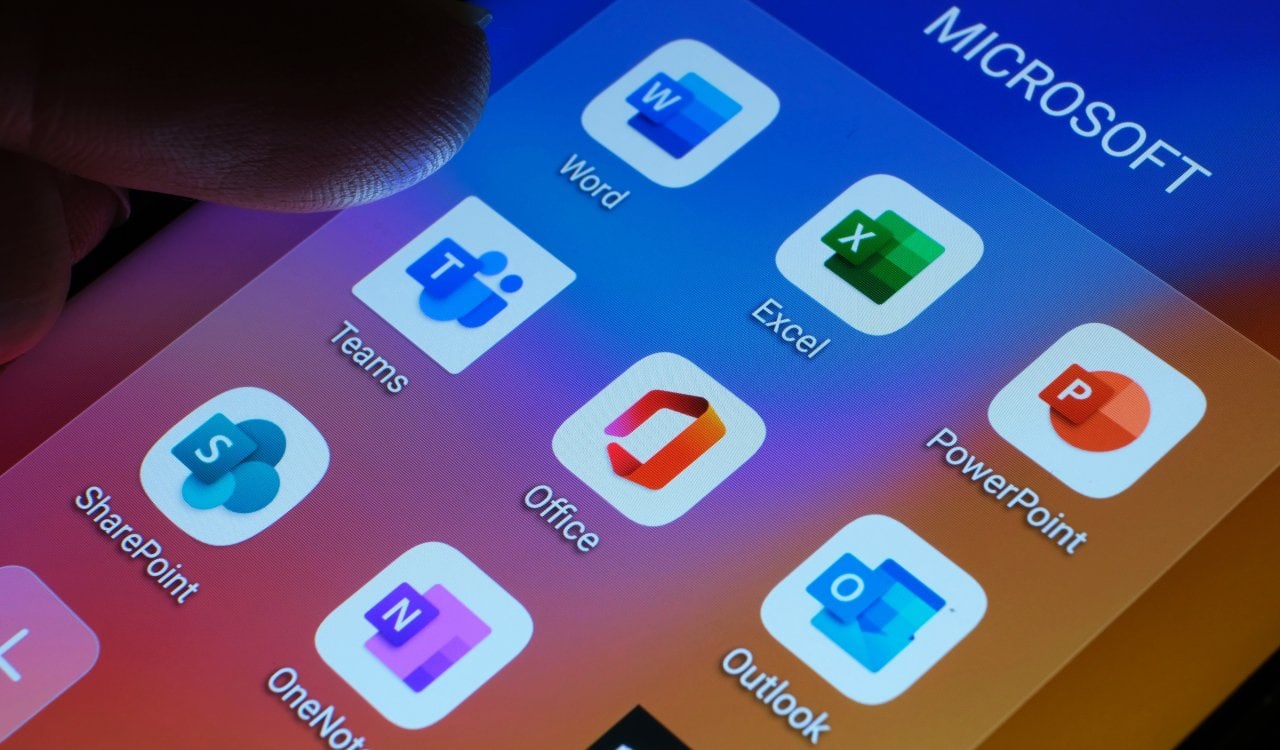
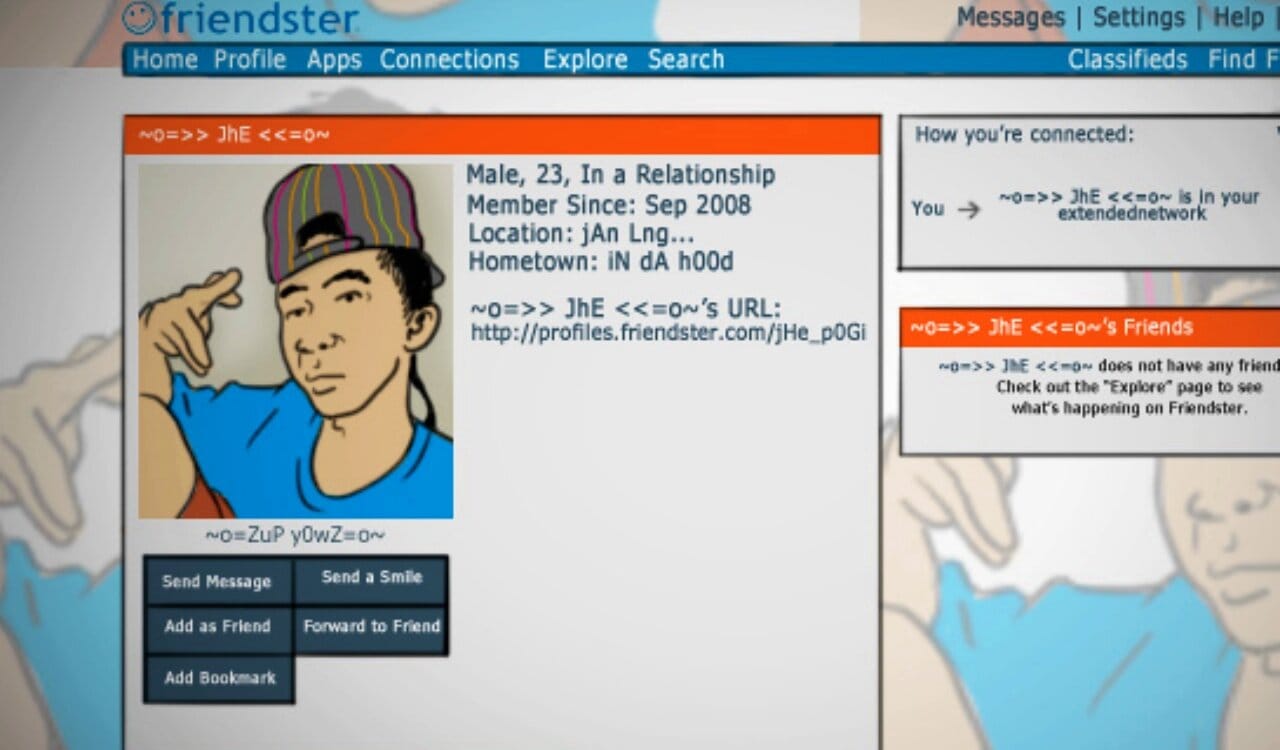
Failure – Friendster
- Current Company Value: SHUT DOWN
Friendster was a social media platform that was, along with MySpace, one of the first major social media platforms. It was originally launched in 2002, and founded by Jonathan Abrams. Of course, Abrams has been a major player in the tech and online industry for many years now. Friendster operated slightly differently compared to other social networks after it. Users could share online content and media with other users like most social media platforms. At the same time, Friendster was used for dating and even discovering events, new bands, or hyping up various hobbies one could take part in.

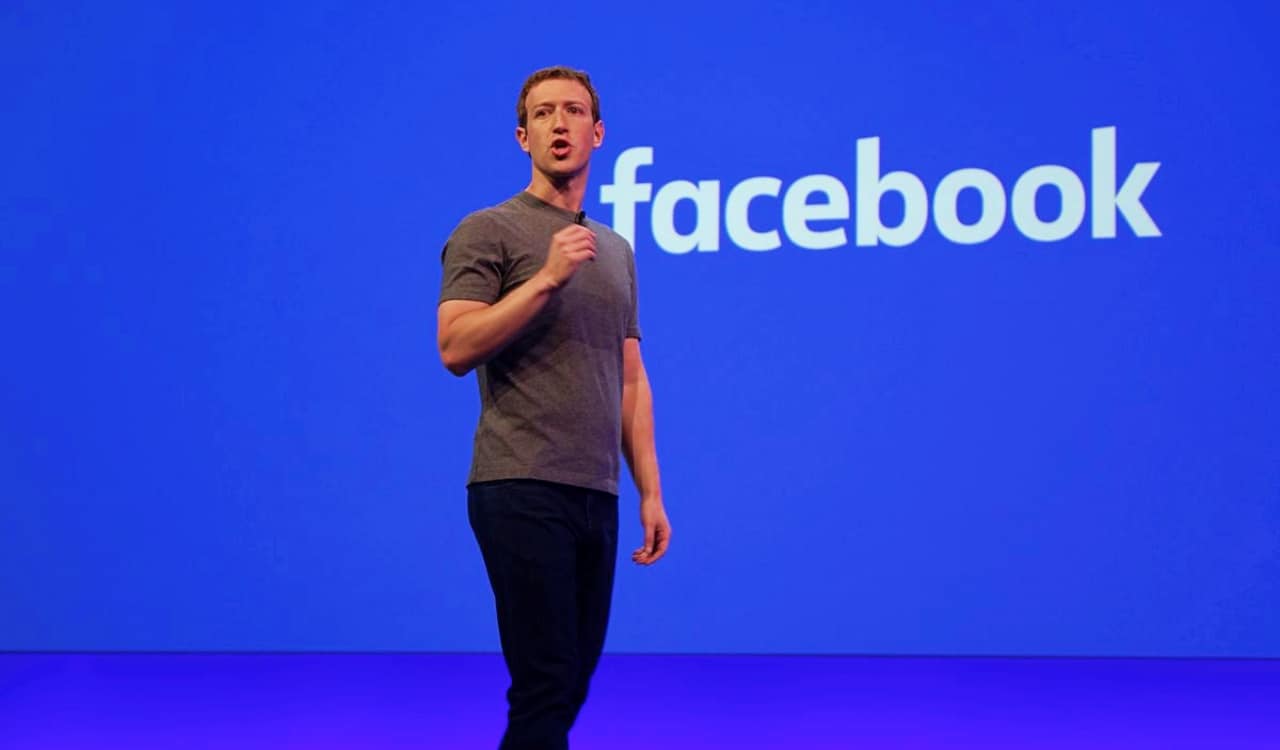
Success – Meta Platforms, Inc.
- Current Company Value: Around 430 Billion
Founded by Mark Zuckerberg, Eduardo Saverin, Andrew McCollum, Dustin Moskovitz, and Chris Hughes. However, Zuckerberg eventually became the face of the company. While the company did go public years ago, Zuckerberg remains the majority shareholder at 13% of the total company. The closest to him is The Vanguard Group which owns slightly over 7% of the company. Originally just known as Facebook, the company eventually began buying up other companies and making its own new products and investments. This led Zuckerberg to decide on changing the company’s name to what we see today, “Meta Platforms, Inc.”
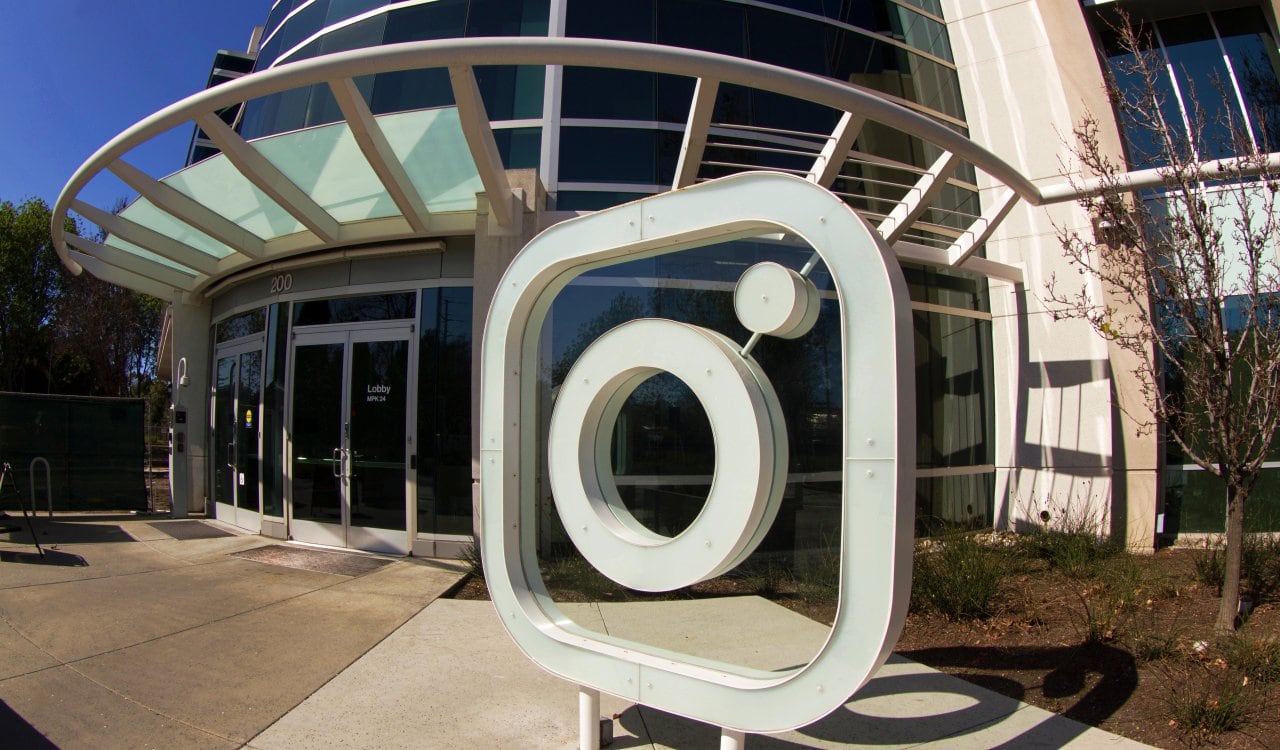

Failure – Pets.com
- Current Company Value: SHUT DOWN
To be fair here, Pets.com was actually a great idea and was relatively successful early on. It was founded in 1998 and shut down by 2000. Yet it can be hard to see how a company that was clearly useful ended up shutting down. The company created a puppet mascot that people loved, even including Pets.com in the Macy’s Thanksgiving Parade in 1999 along with the 2000 Super Bowl. What is so interesting about the website was that people loved the idea of an e-commerce site to get stuff for their pets. Thus, the company began seeing record sales numbers. However, Pets.com is the most infamous part of the “dot-com bubble.”

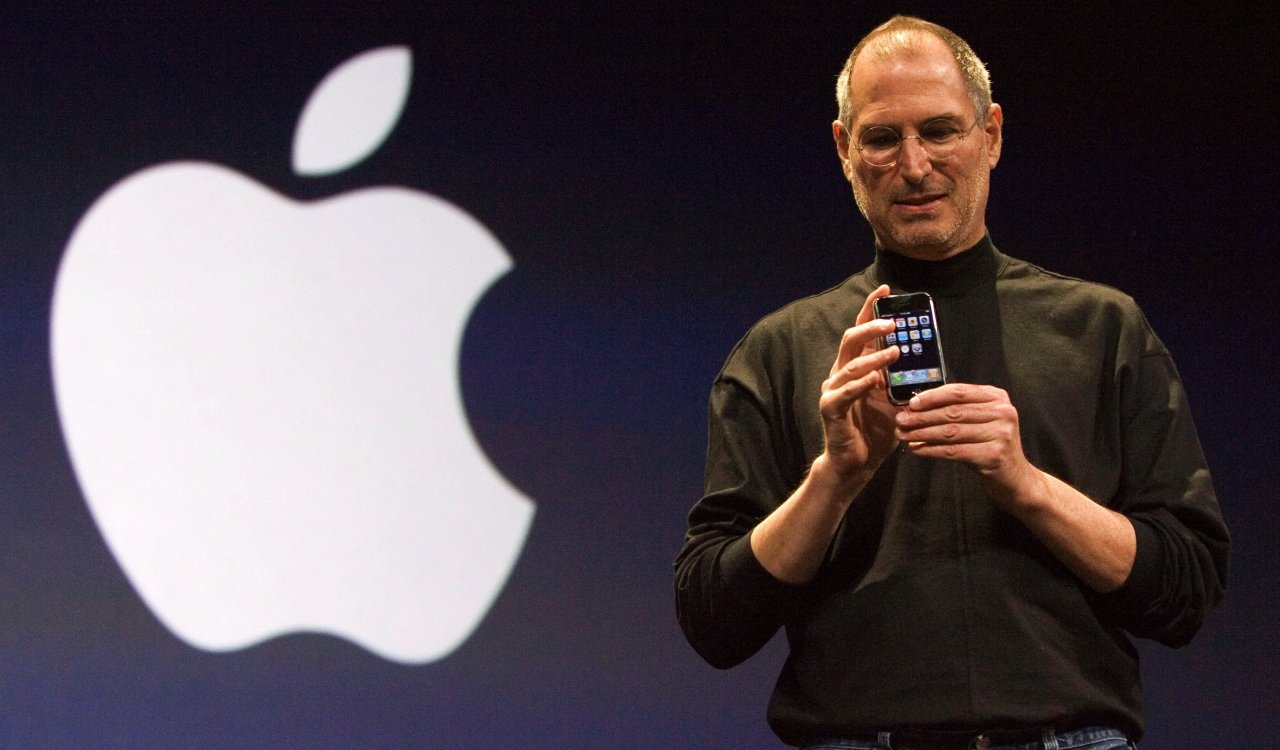
Success – Apple
- Current Company Value: Around $3 Trillion
Apple is one of the most successful Silicon Valley corporations, yet it has also become one of the biggest companies on the planet. It was founded by Steve Jobs, Steve Wozniak, and Ronald Wayne. Unlike Microsoft, Apple decided to start with hardware when it began. Wozniak developed the Apple I personal computer and the company was formed in 1976 to sell it. In 1997, Jobs and Wozniak then formed Apple Computer, Inc. to sell the Apple II. This became one of the best-selling, mass-produced microcomputers. In 1984, the first Macintosh was sold. Yet issues soon took place at Apple, leading to problems from within.

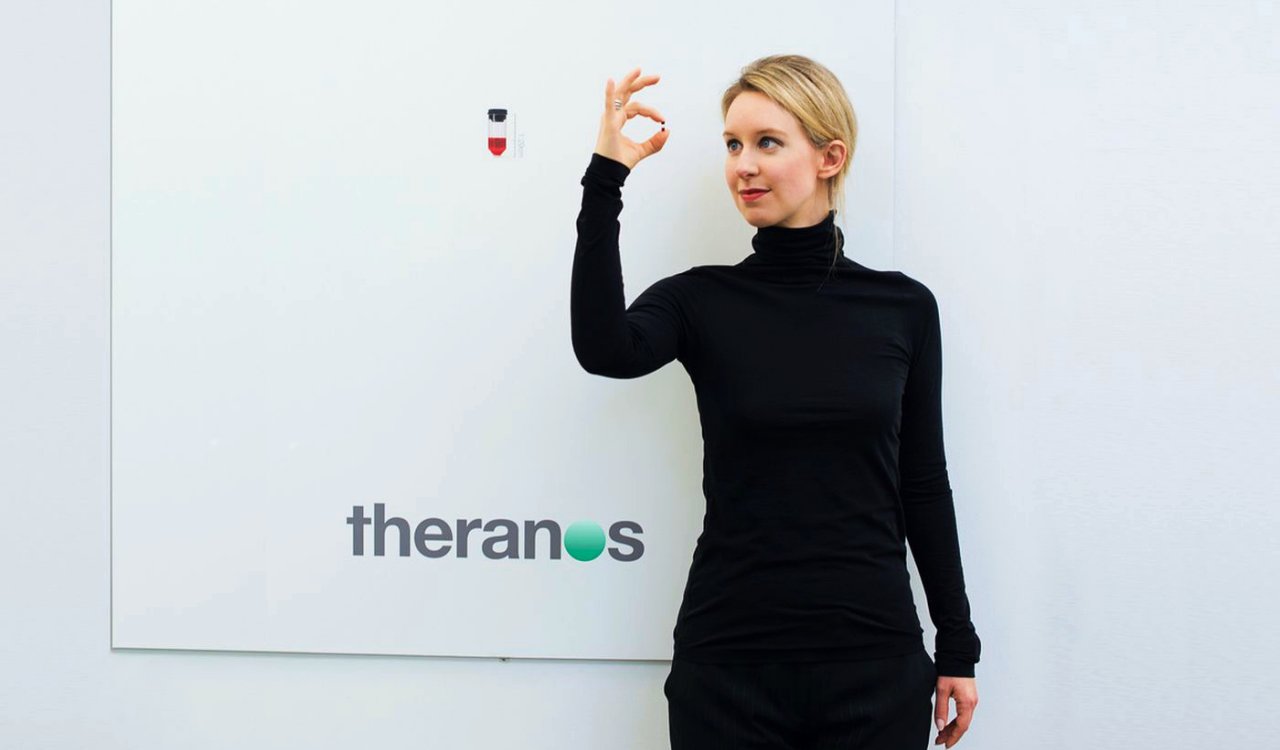
Failure – Theranos
- Current Company Value: SHUT DOWN
Founder and CEO, Elizabeth Holmes, is sociopathic and quite literally lied to investors enough to trick them into investing millions into a nonexistent product. Known as Theranos, the company was supposed to have been a medical tech company that had a product capable of doing blood tests that required only a small amount of blood to operate. It would also get the results back rapidly with extreme accuracy, and not just your normal CBC stuff but for other rare issues. This product would be revolutionary to the medical community as well as to governments worldwide.
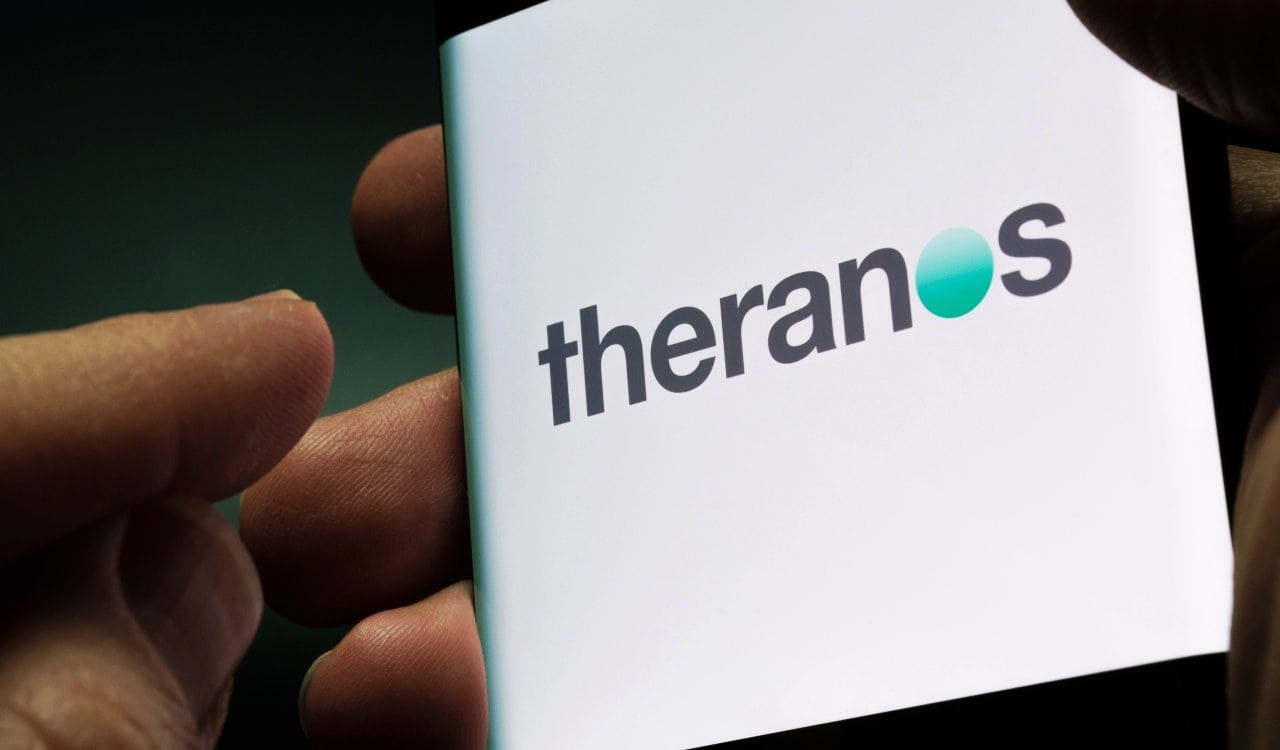
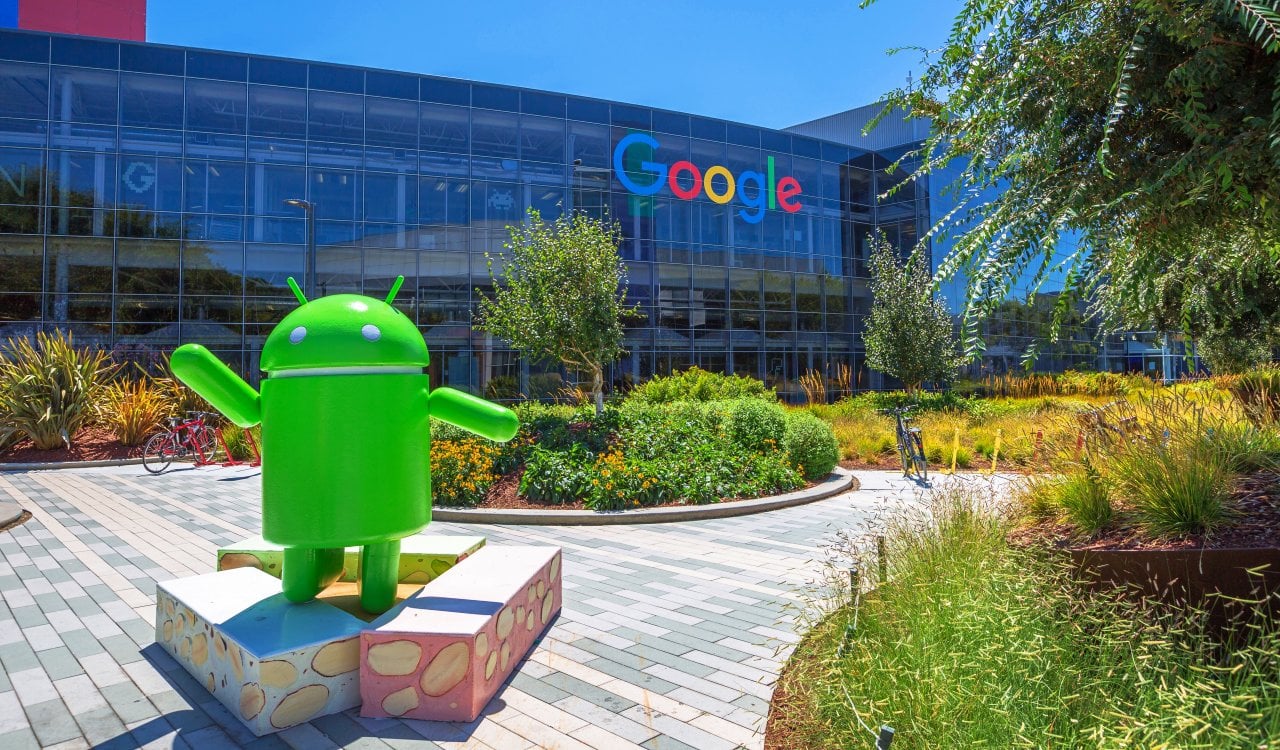
Success – Alphabet, Inc.
- Current Company Value: Around $360 Billion
While Alphabet, Inc. has made some questionable decisions regarding products over the years, they have the luxury of being able to fail. This is the company that owns Google as well as YouTube. They are two of the most visited websites on the planet, with Google being the #1 most visited website off and on for several years at this point. The company has had its fingers in many pies and currently has a stake in Robotics, Software, Artificial Intelligence, Autonomous cars and Automation, Biotechnology, Cloud Computing, and Computer Hardware.

Where Do We Find this Stuff? Here Are Our Sources:
Alphabet, Inc.
Adobe
Apple
Applied Materials
Bloomberg
Broadcom
Business Insider
Cisco Systems
Hewlett-Packard (HP)
Intel
MacroTrends
Meta
Microsoft
Netflix
Nvidia
New York Times
The Washington Post
Western Digital
WIRED
The Verge
Vox Media
Yahoo

